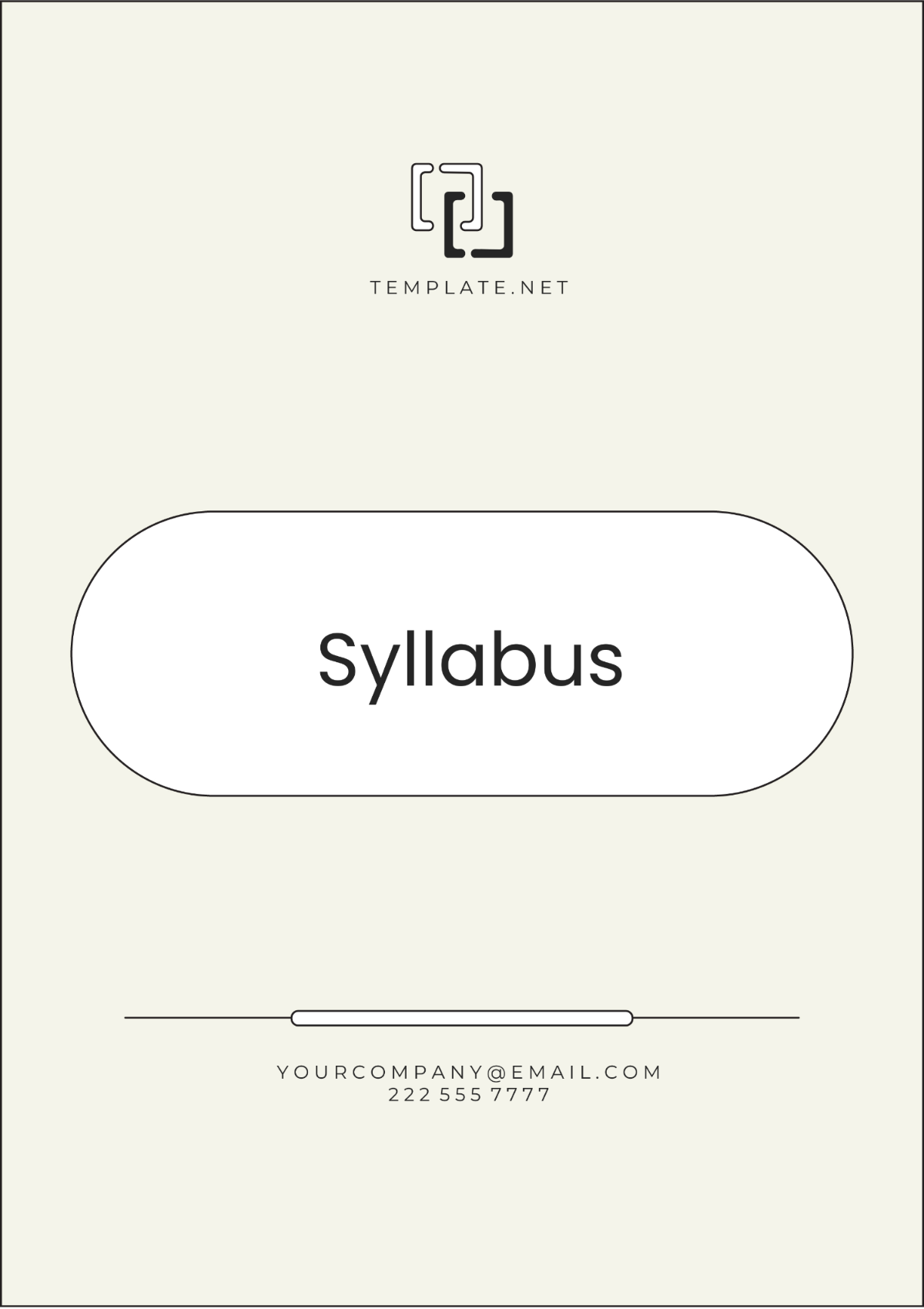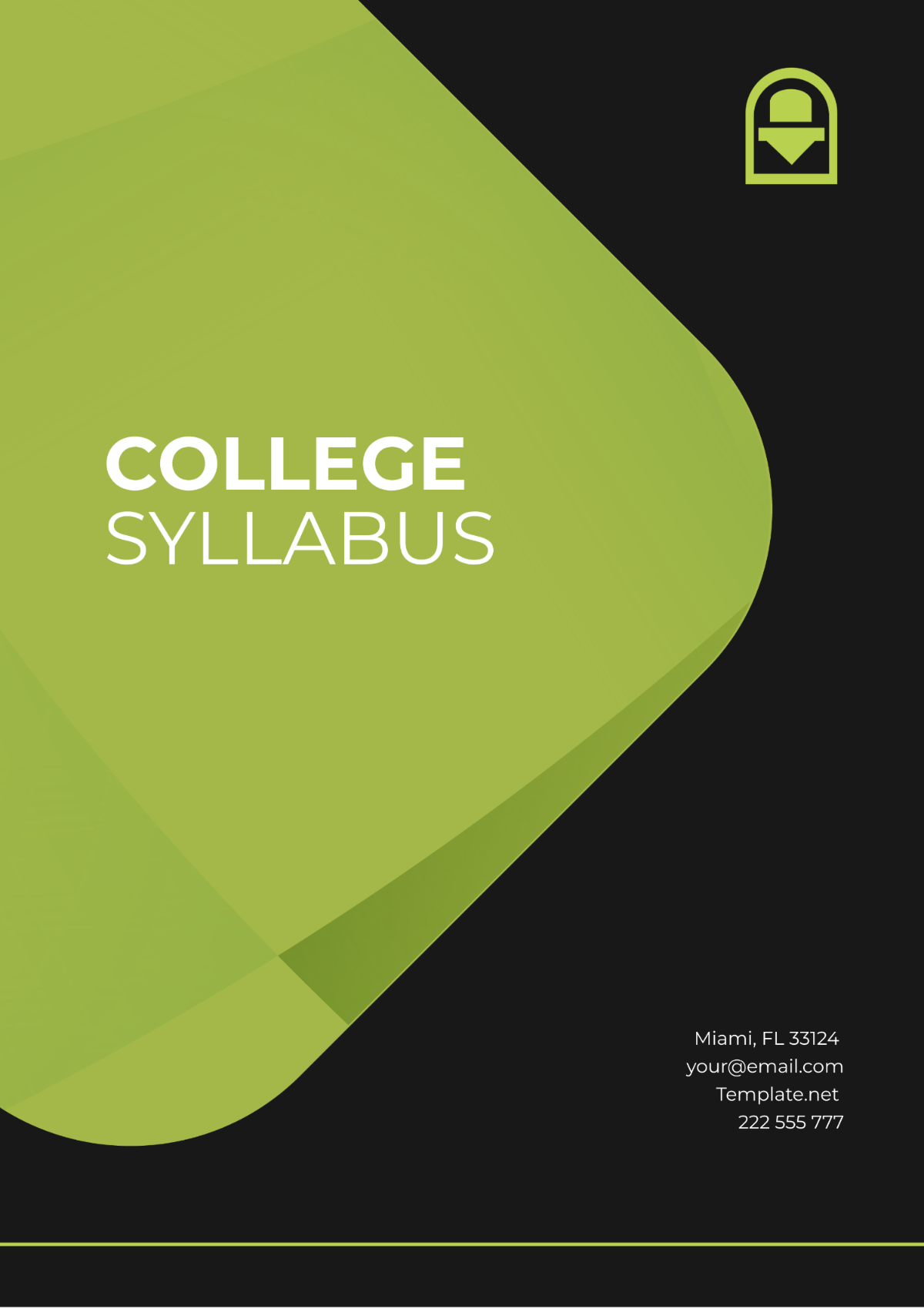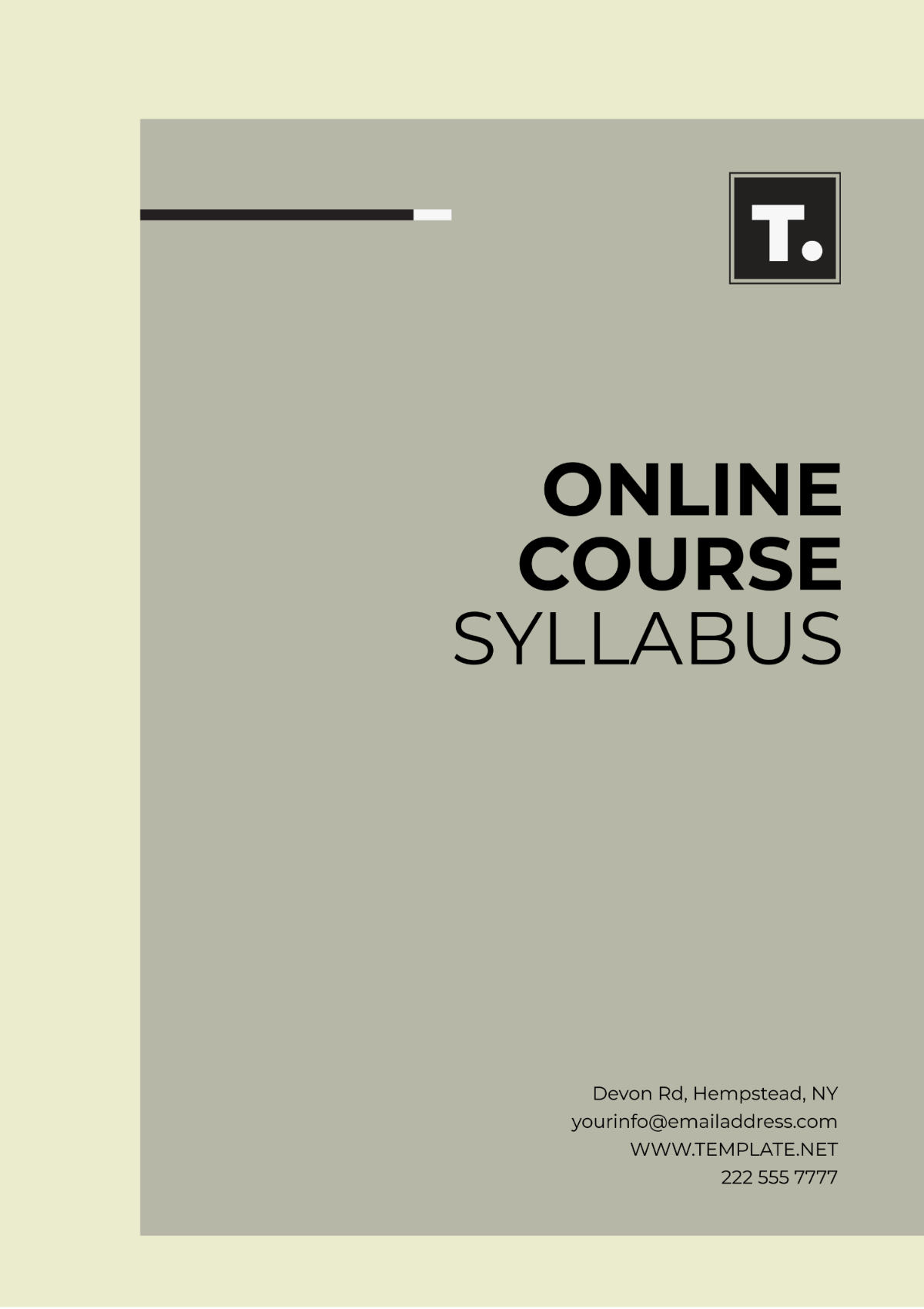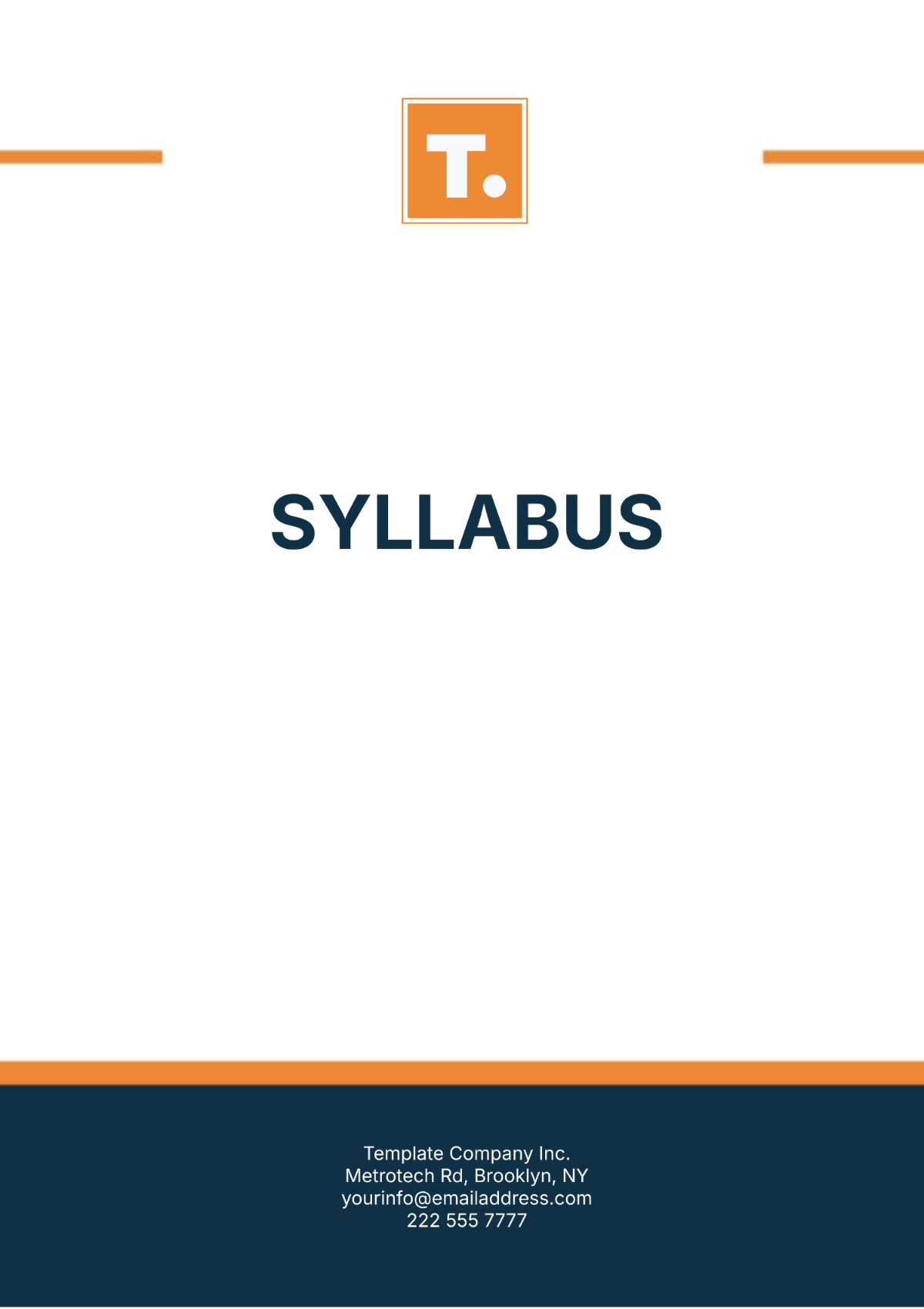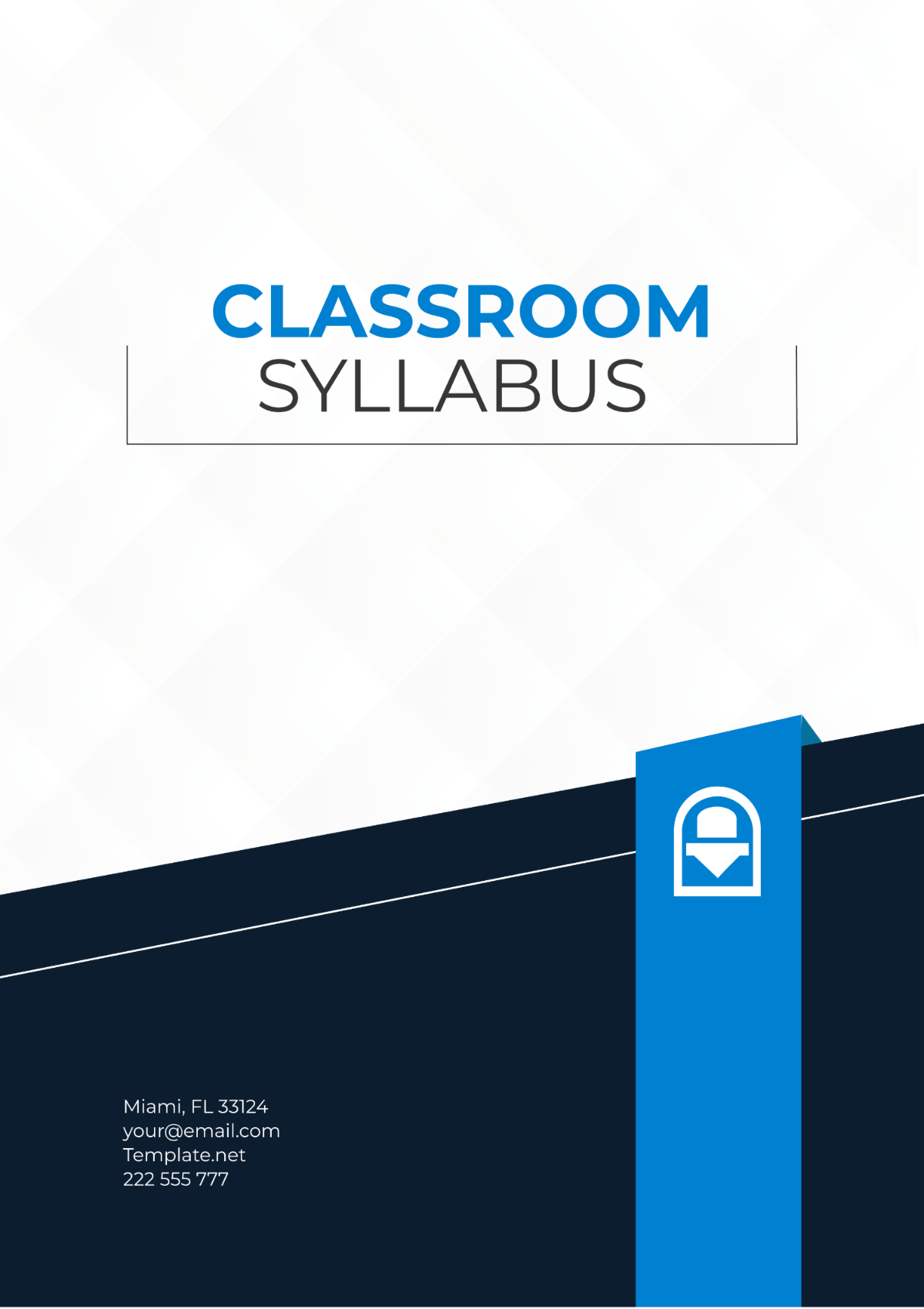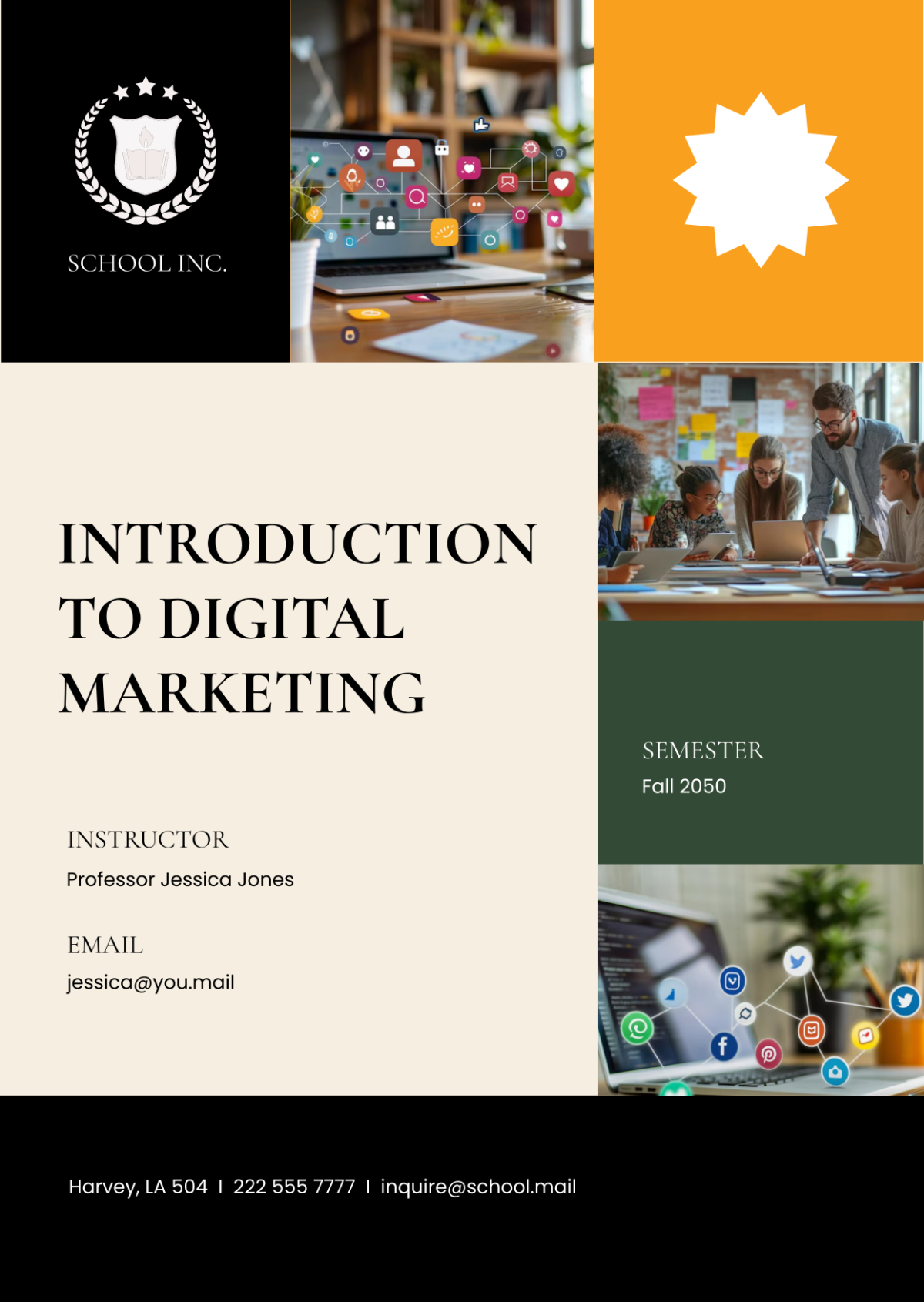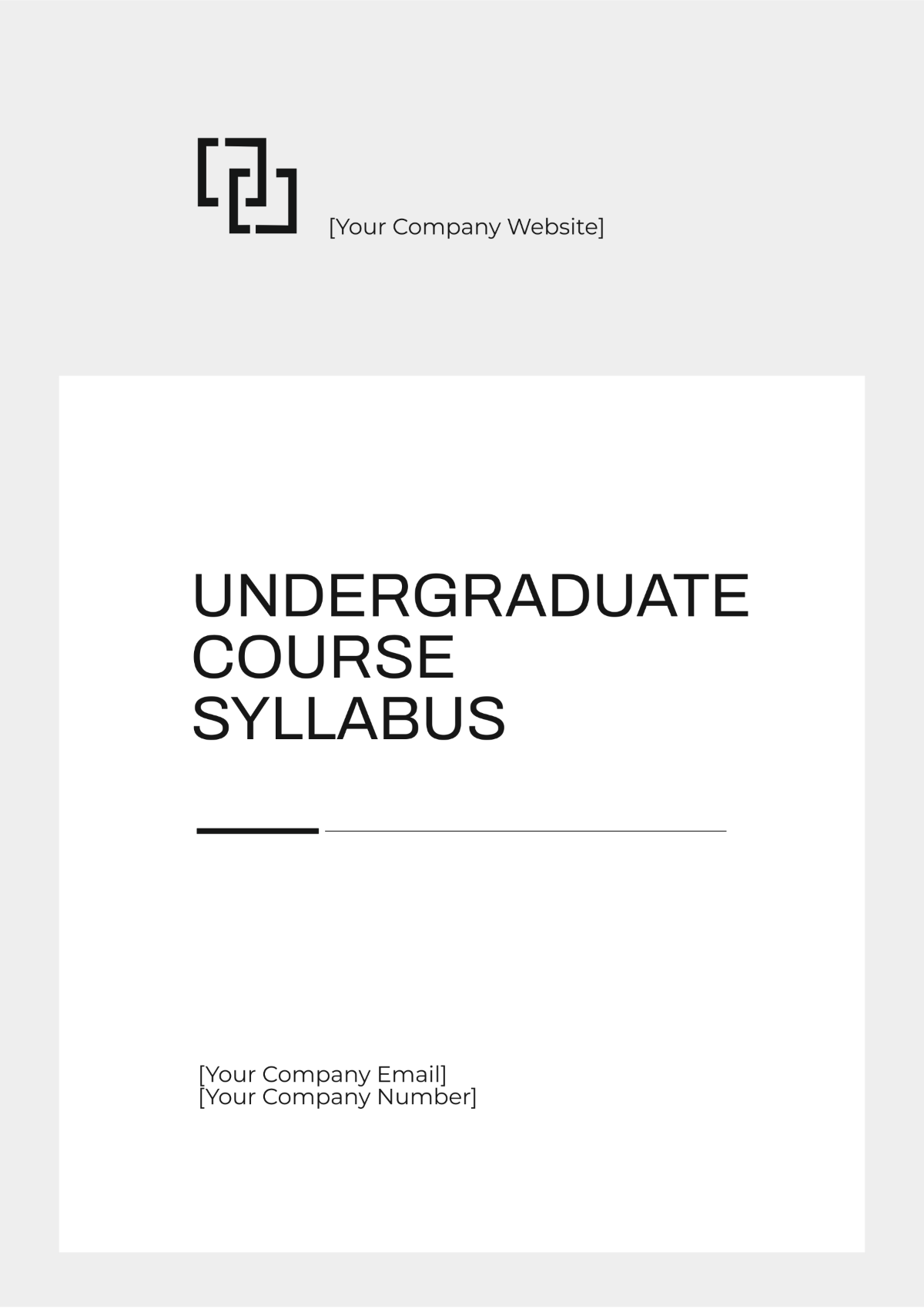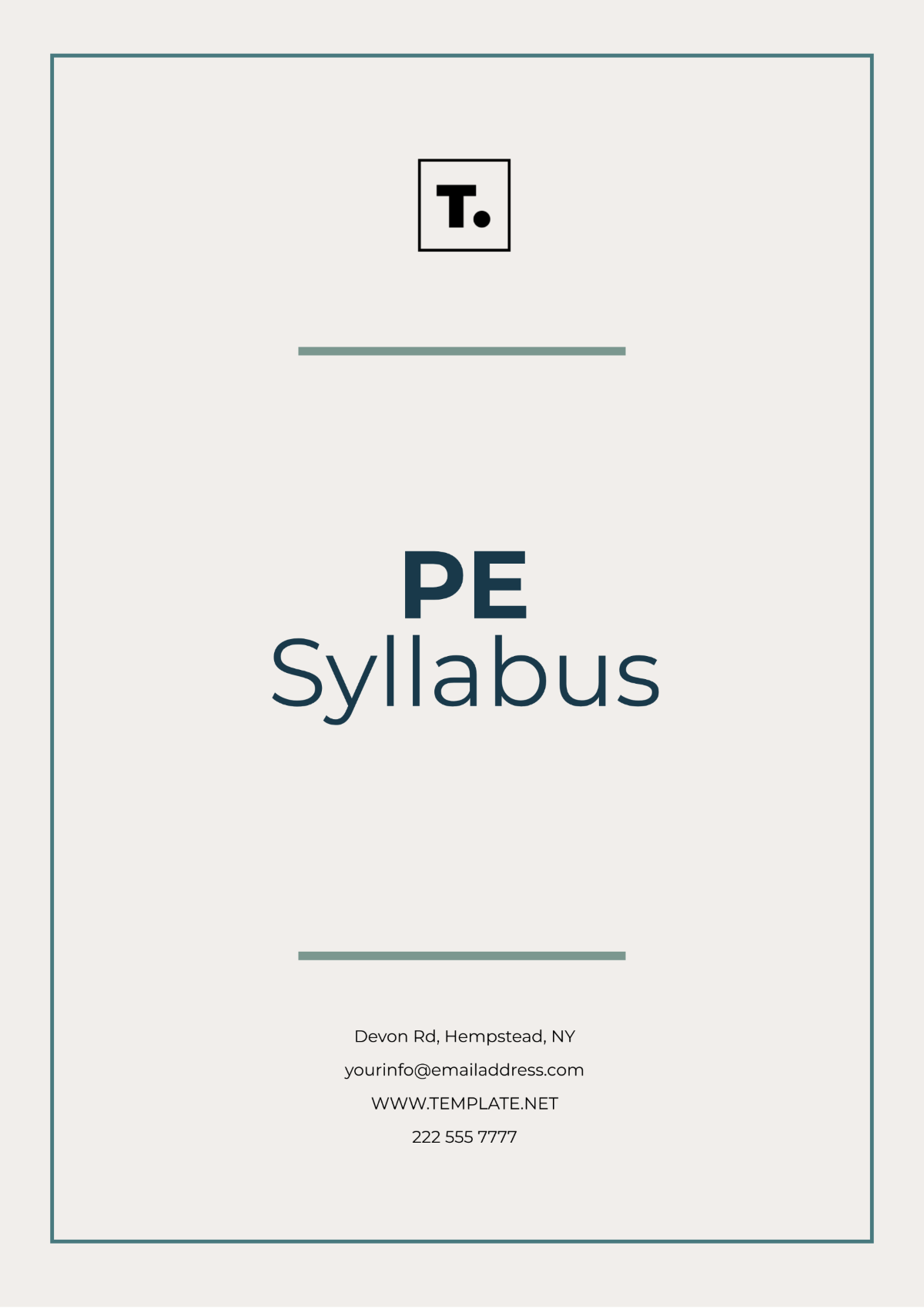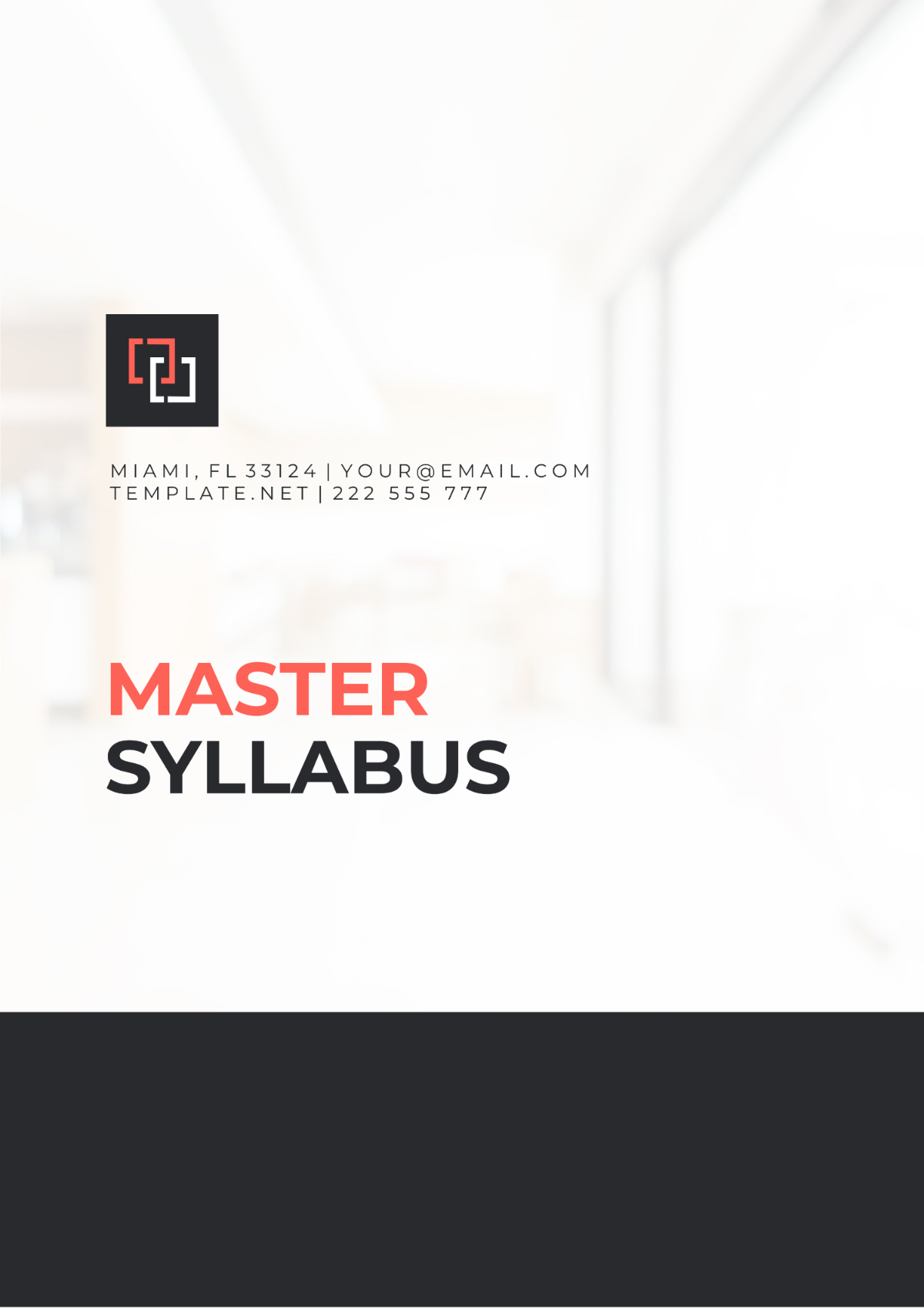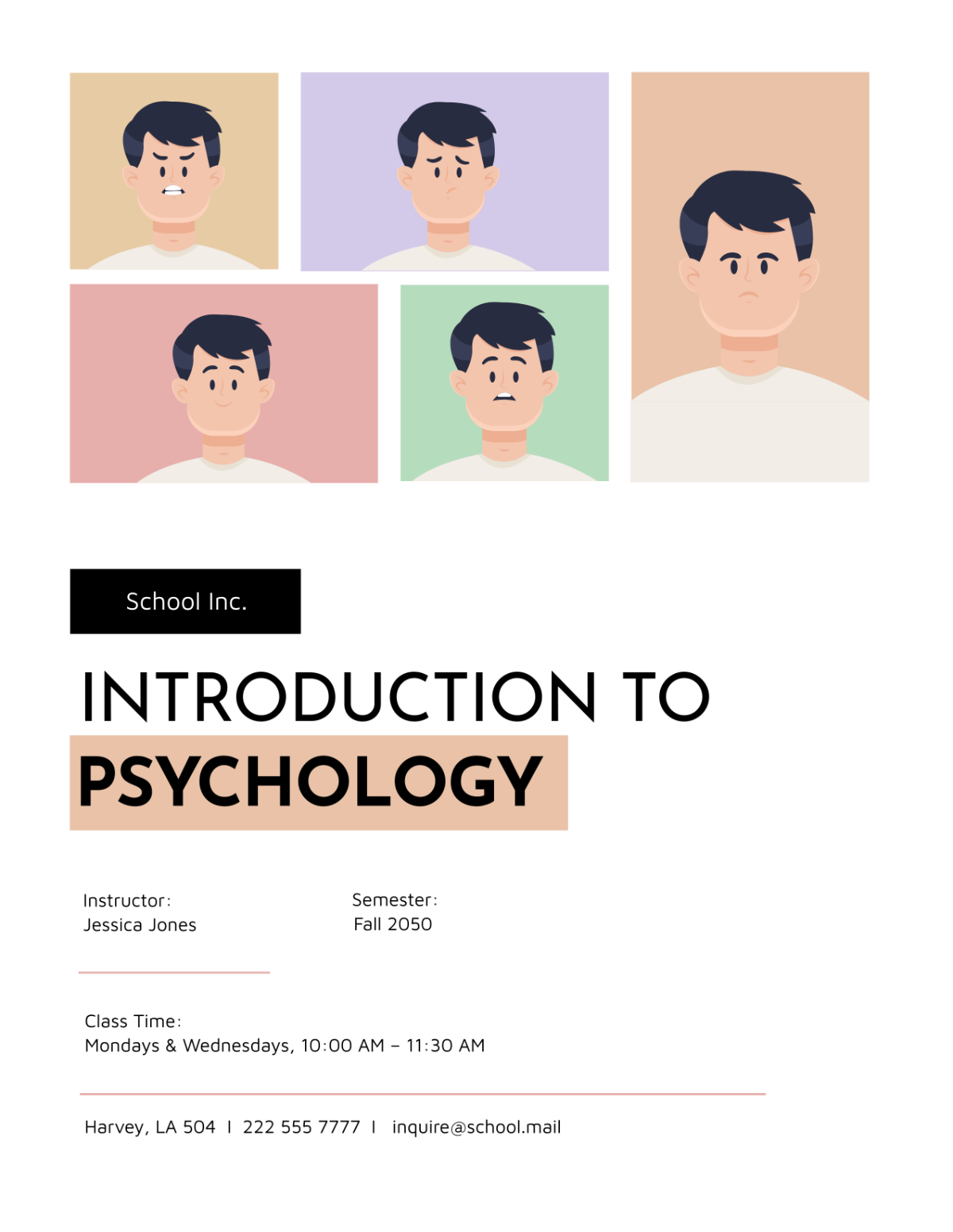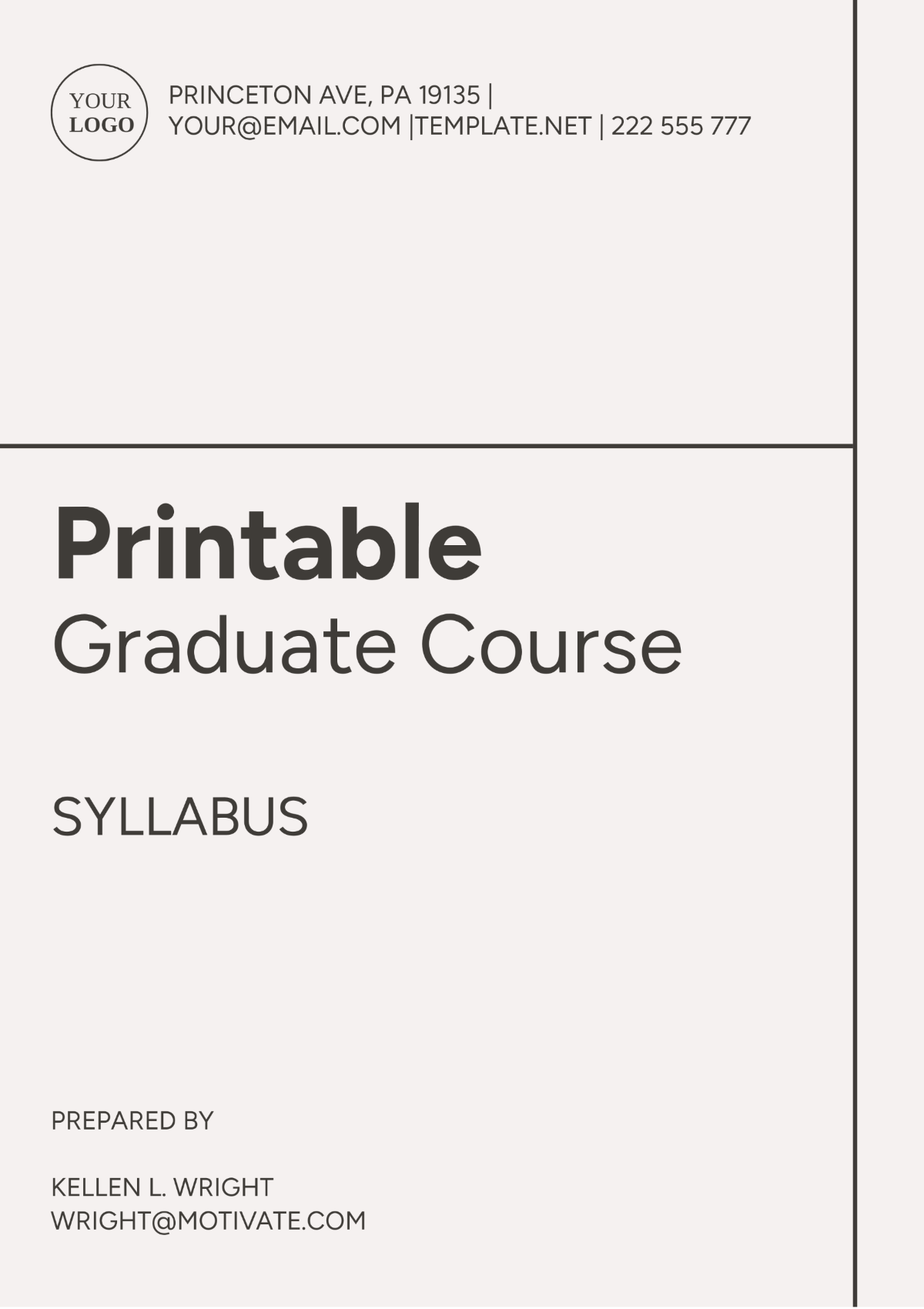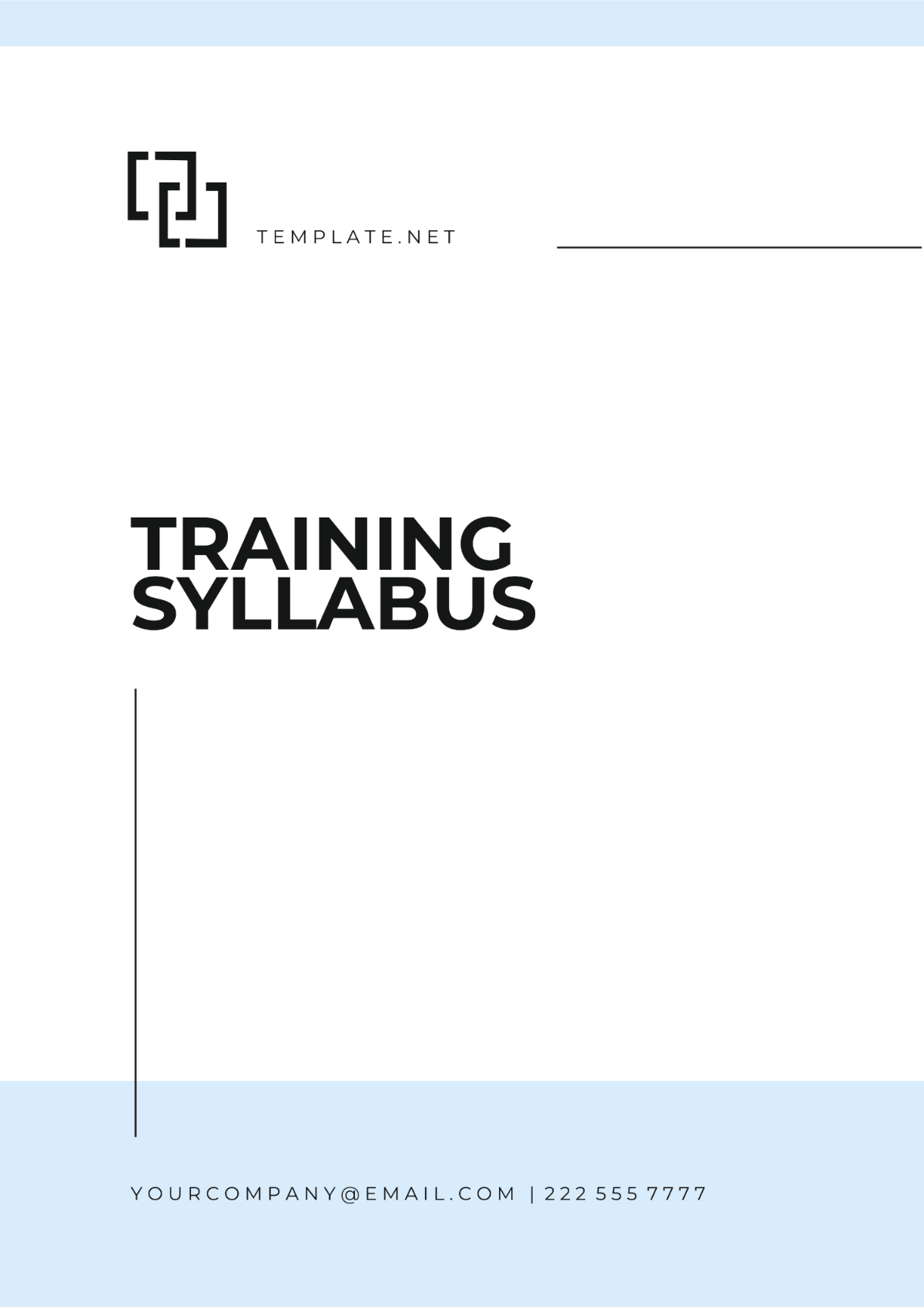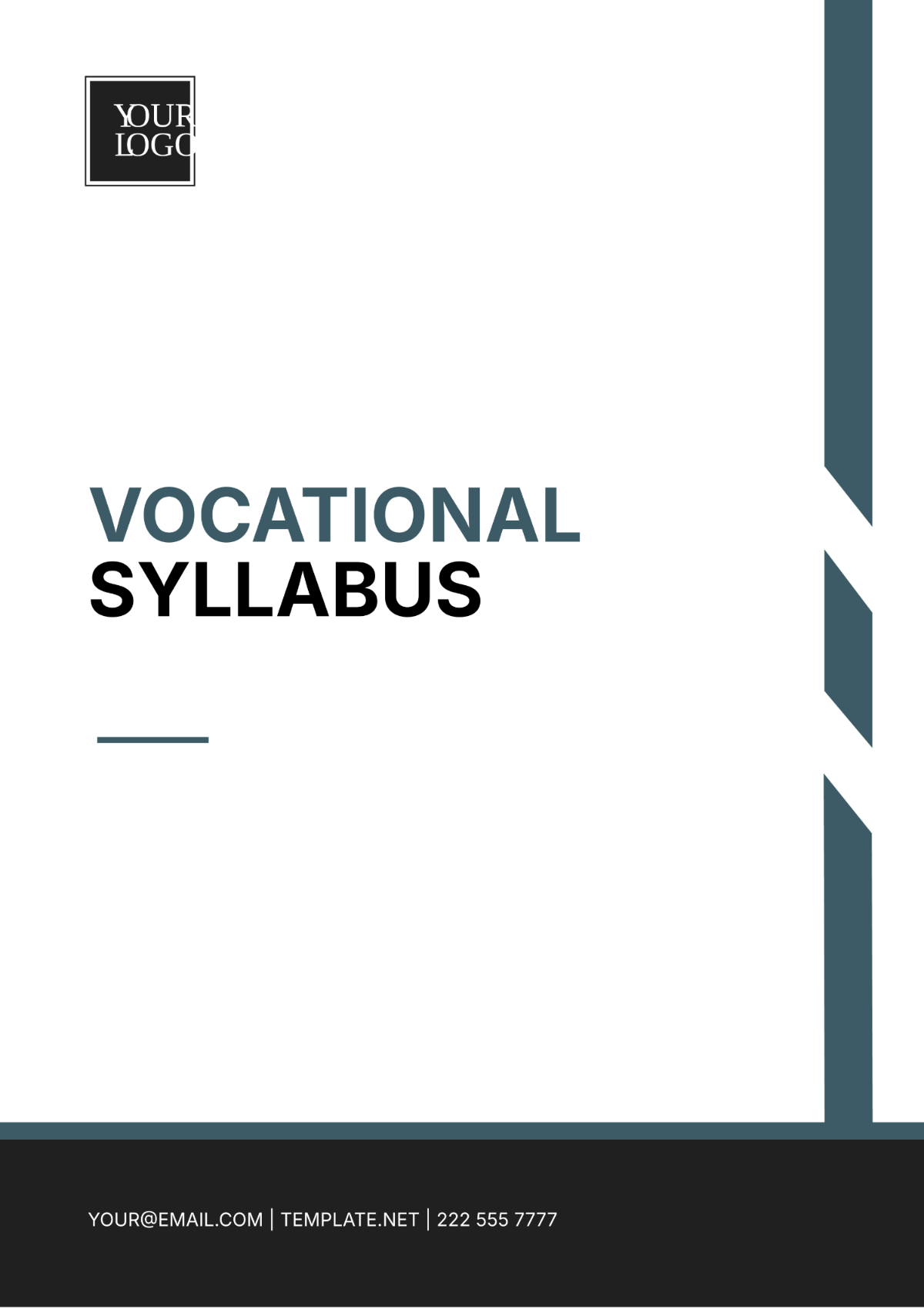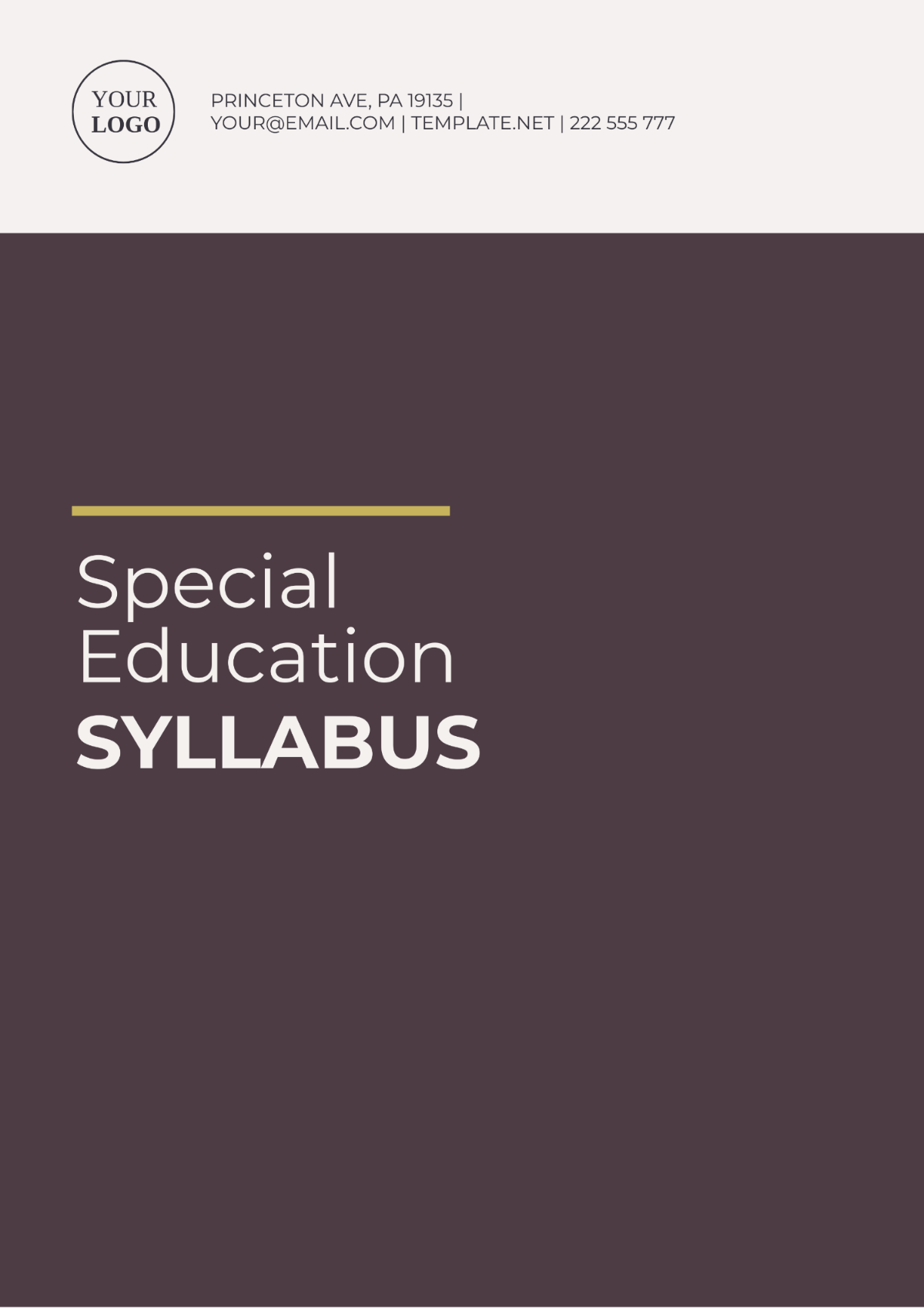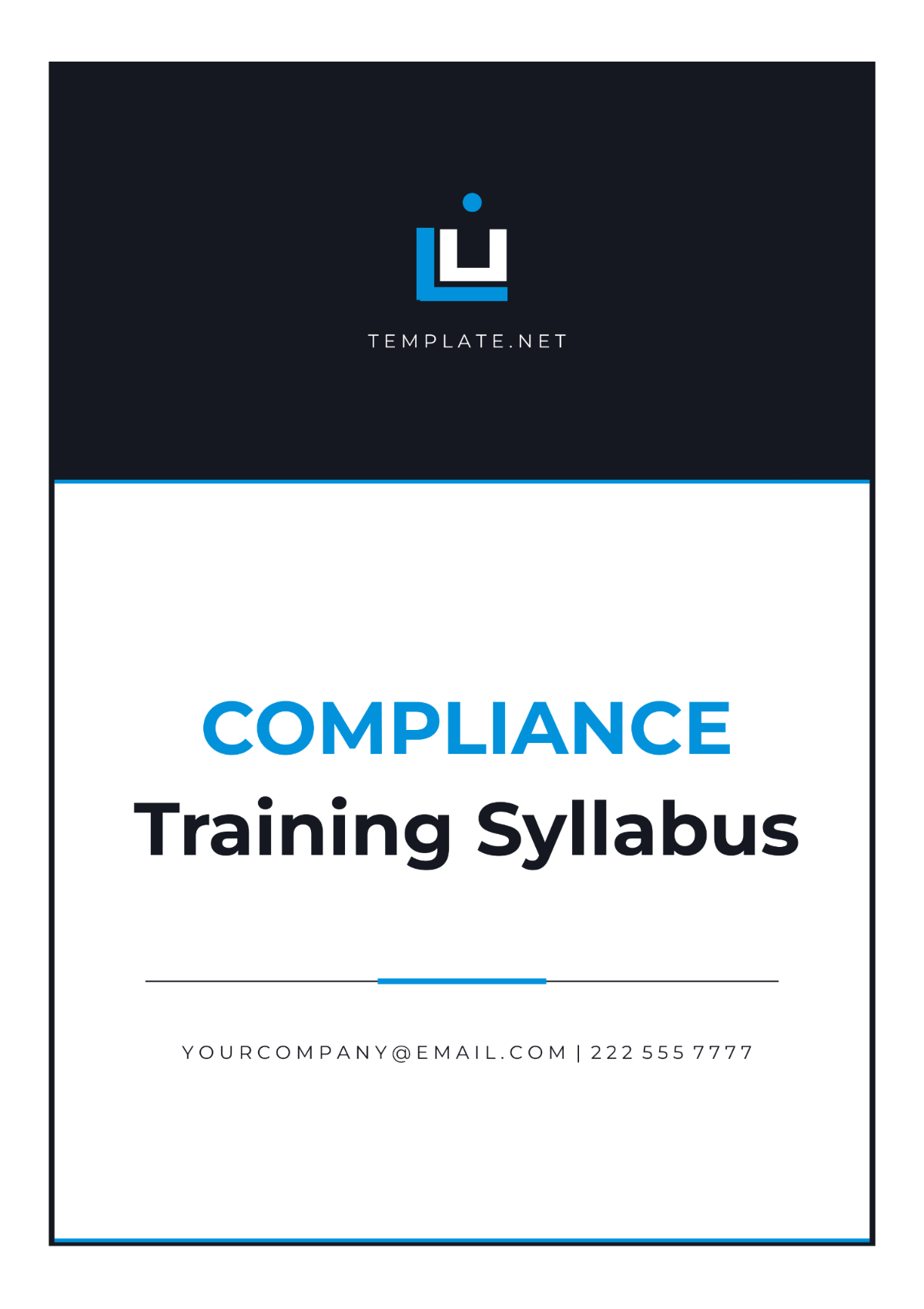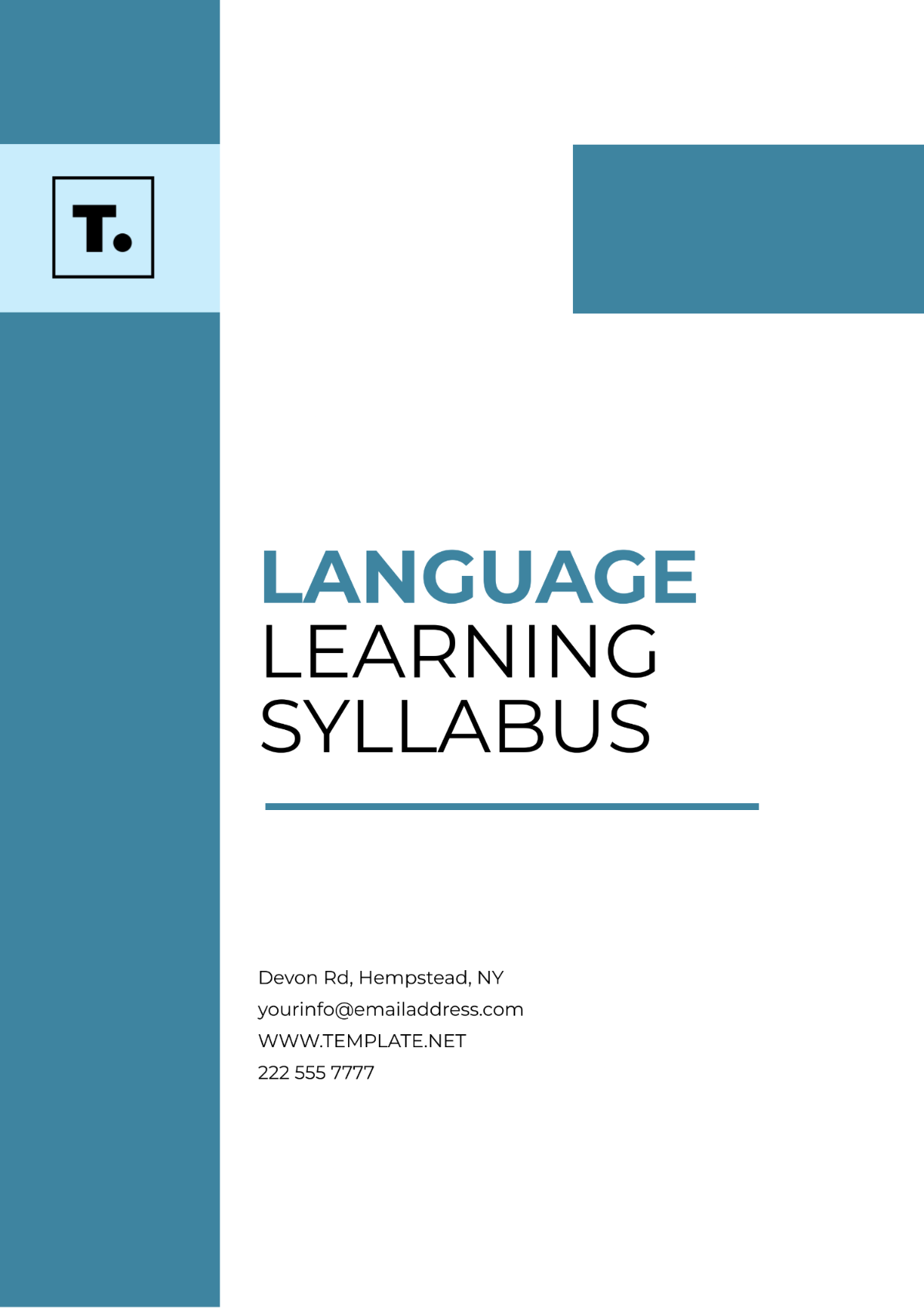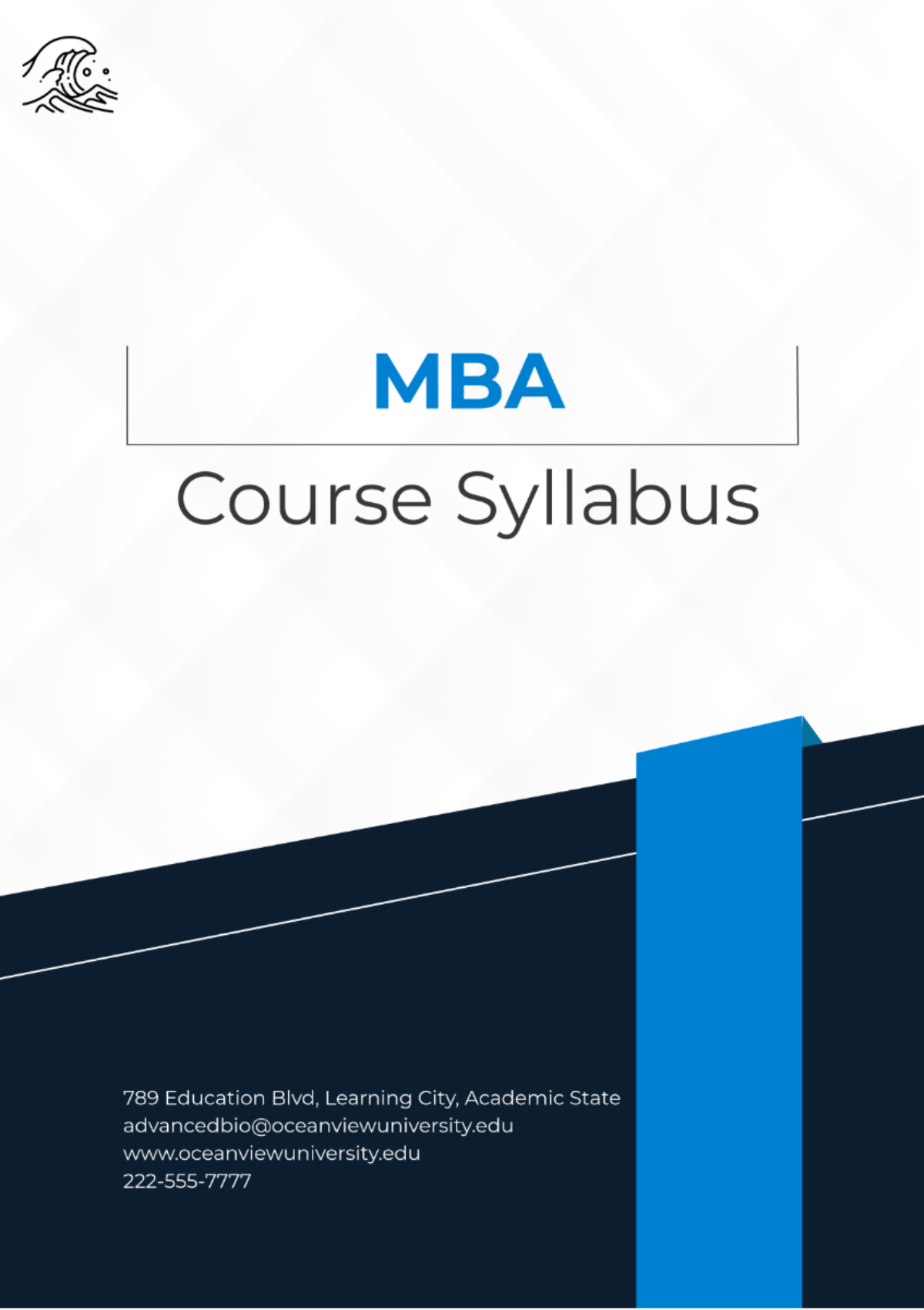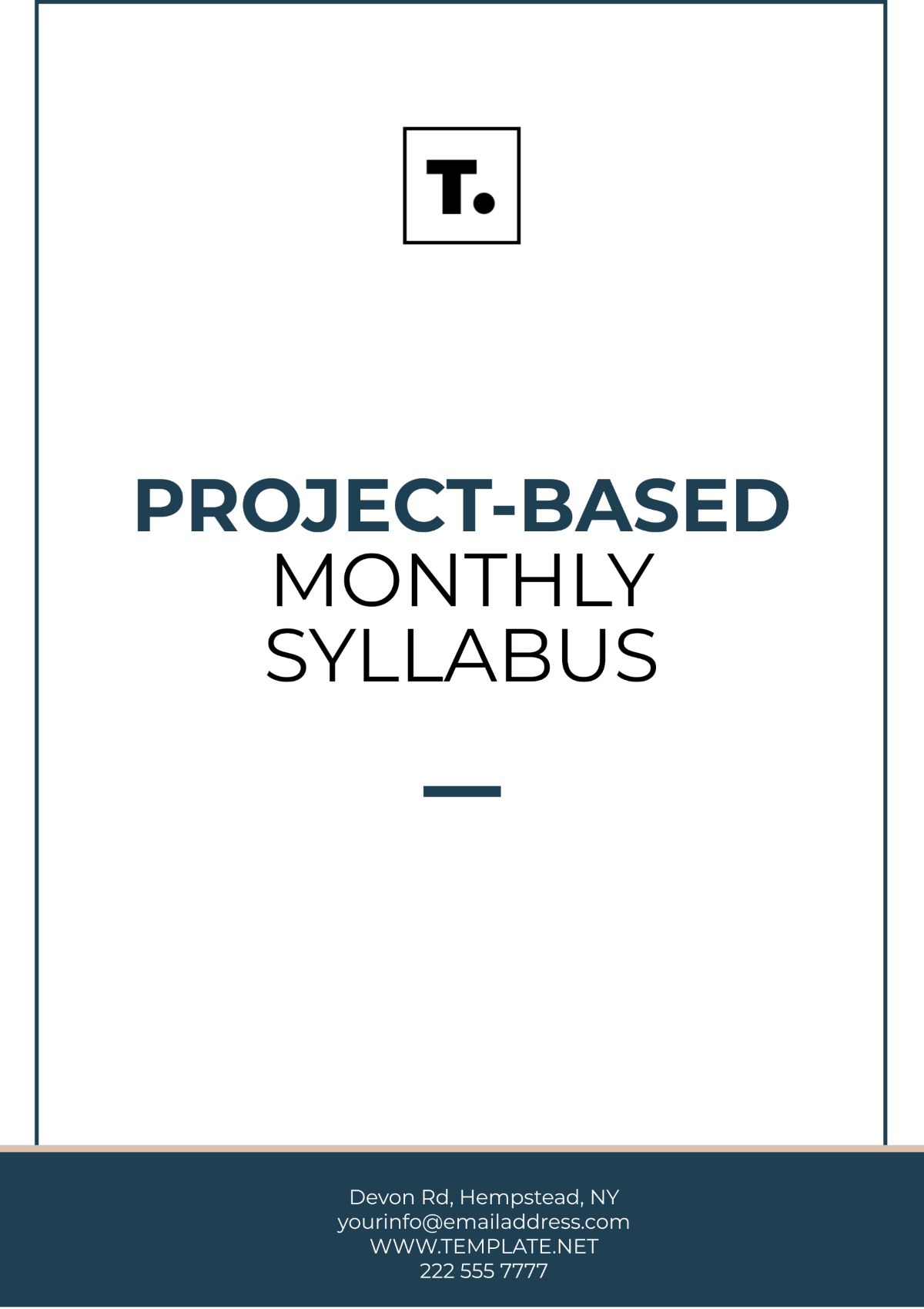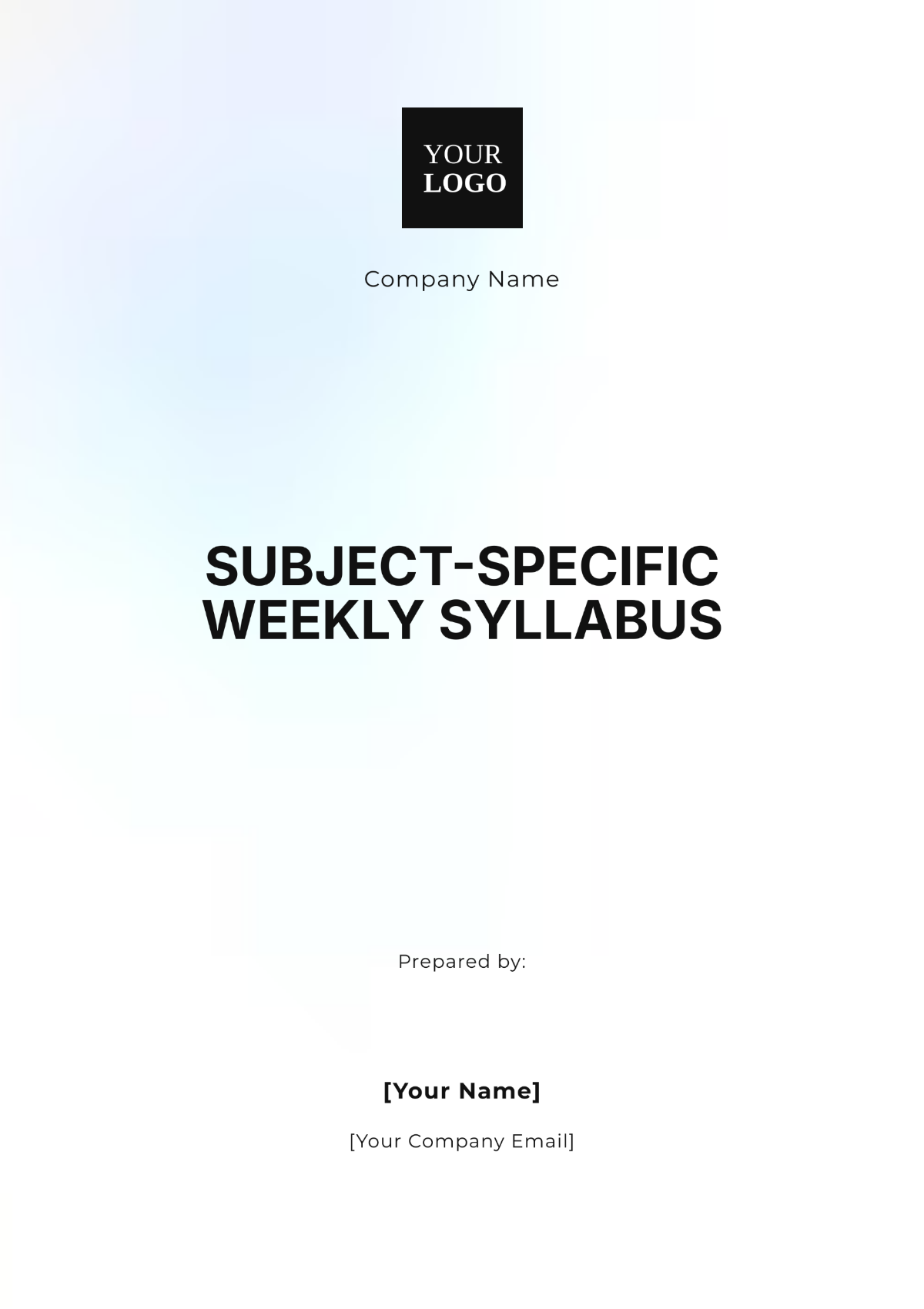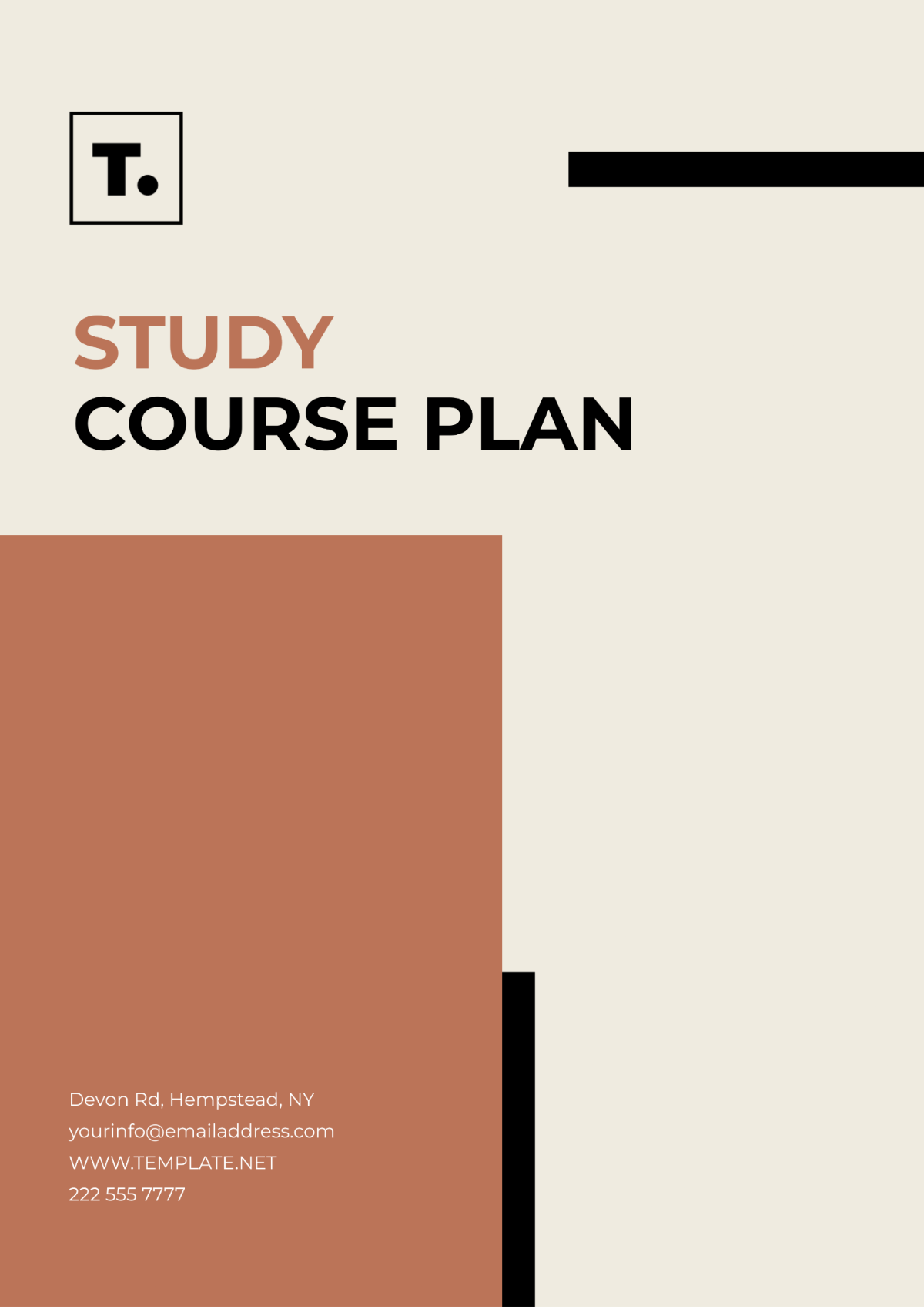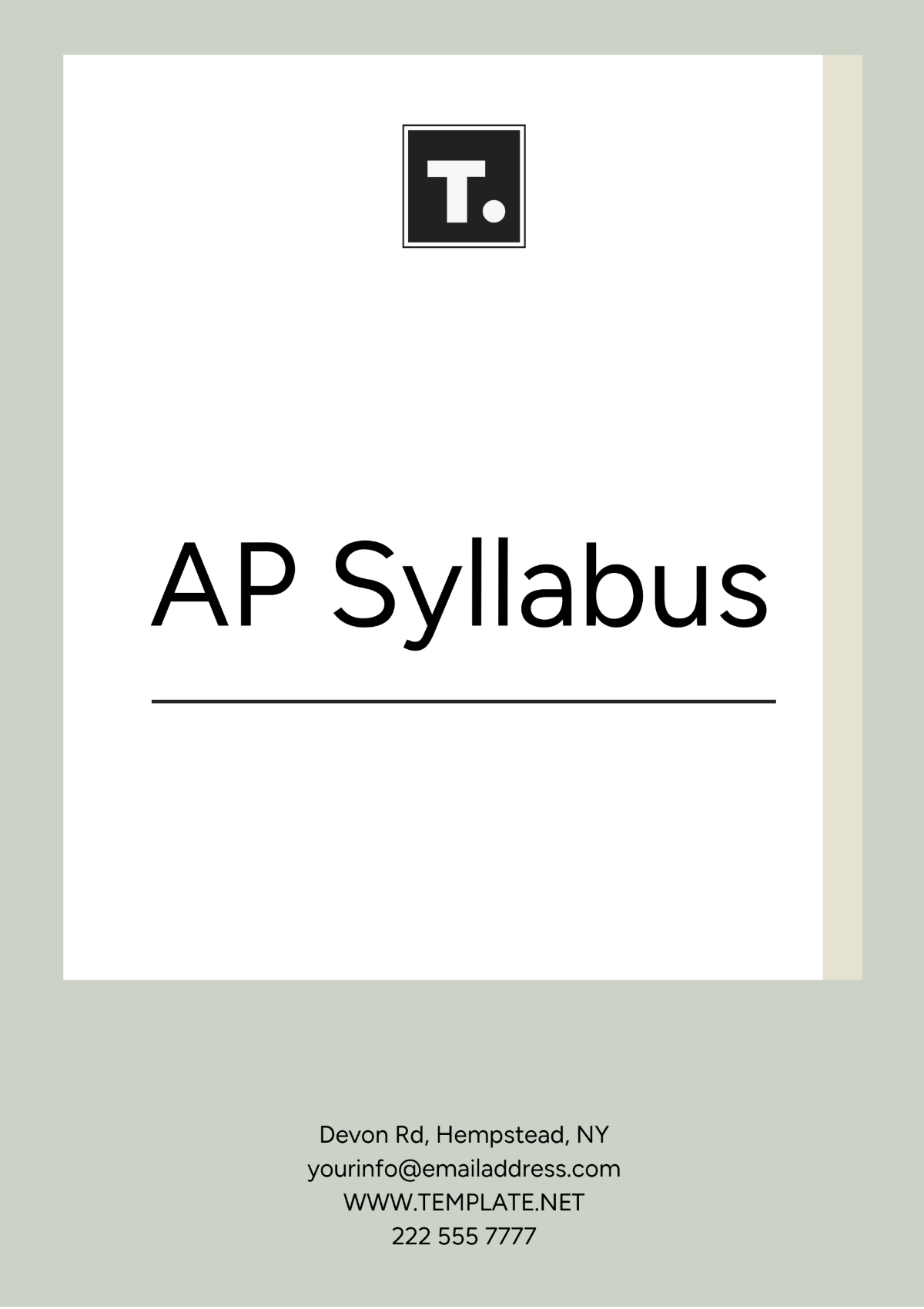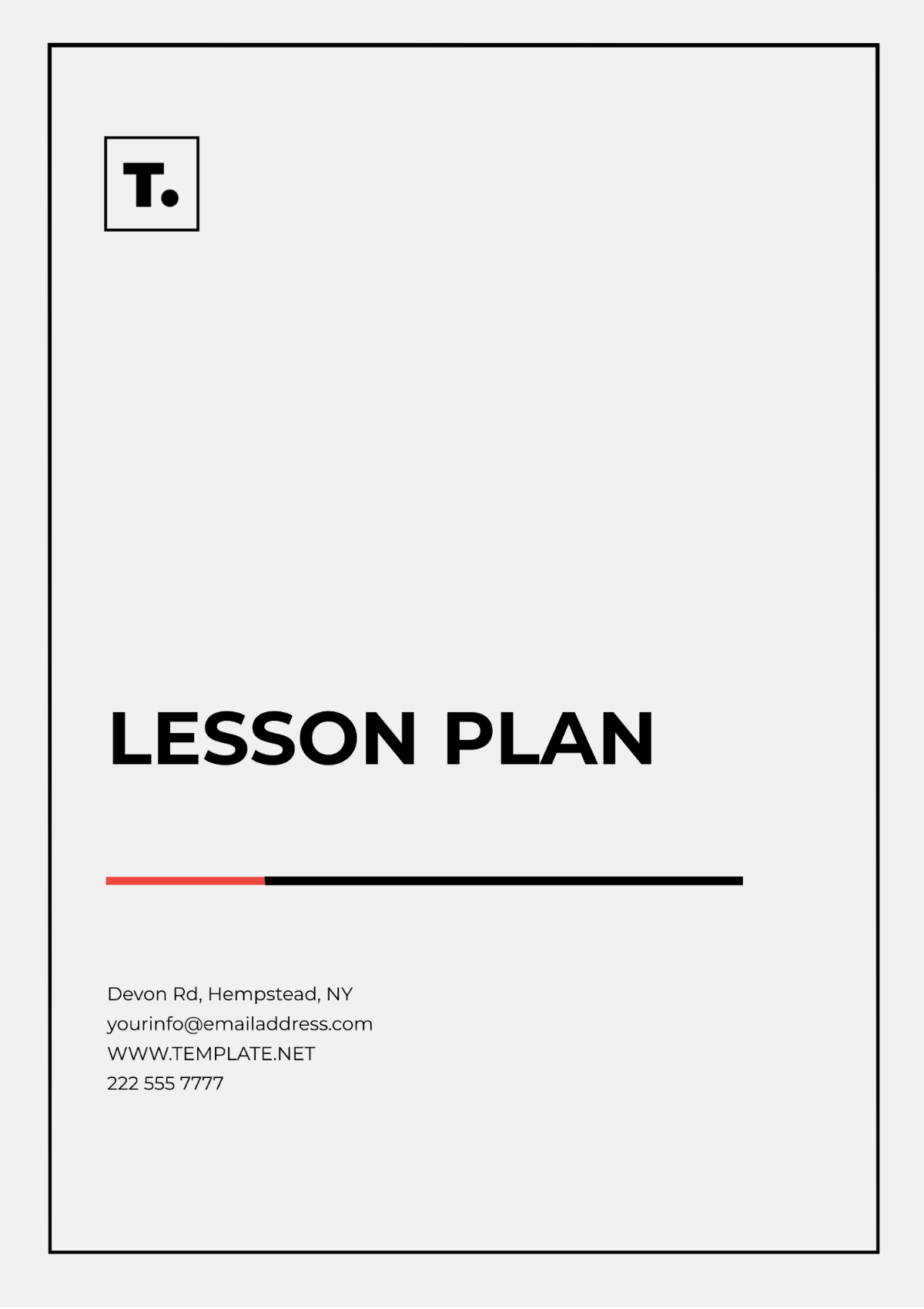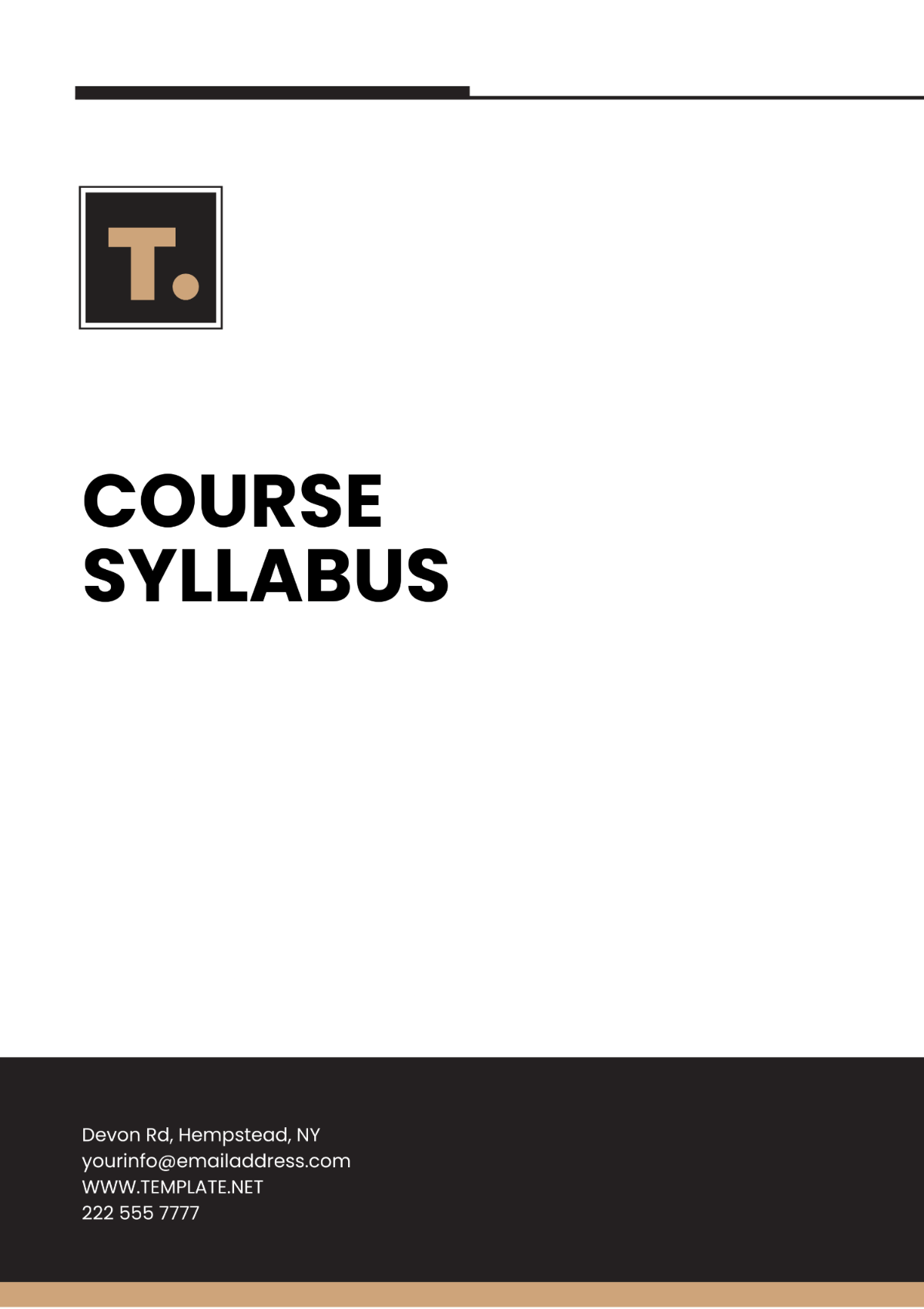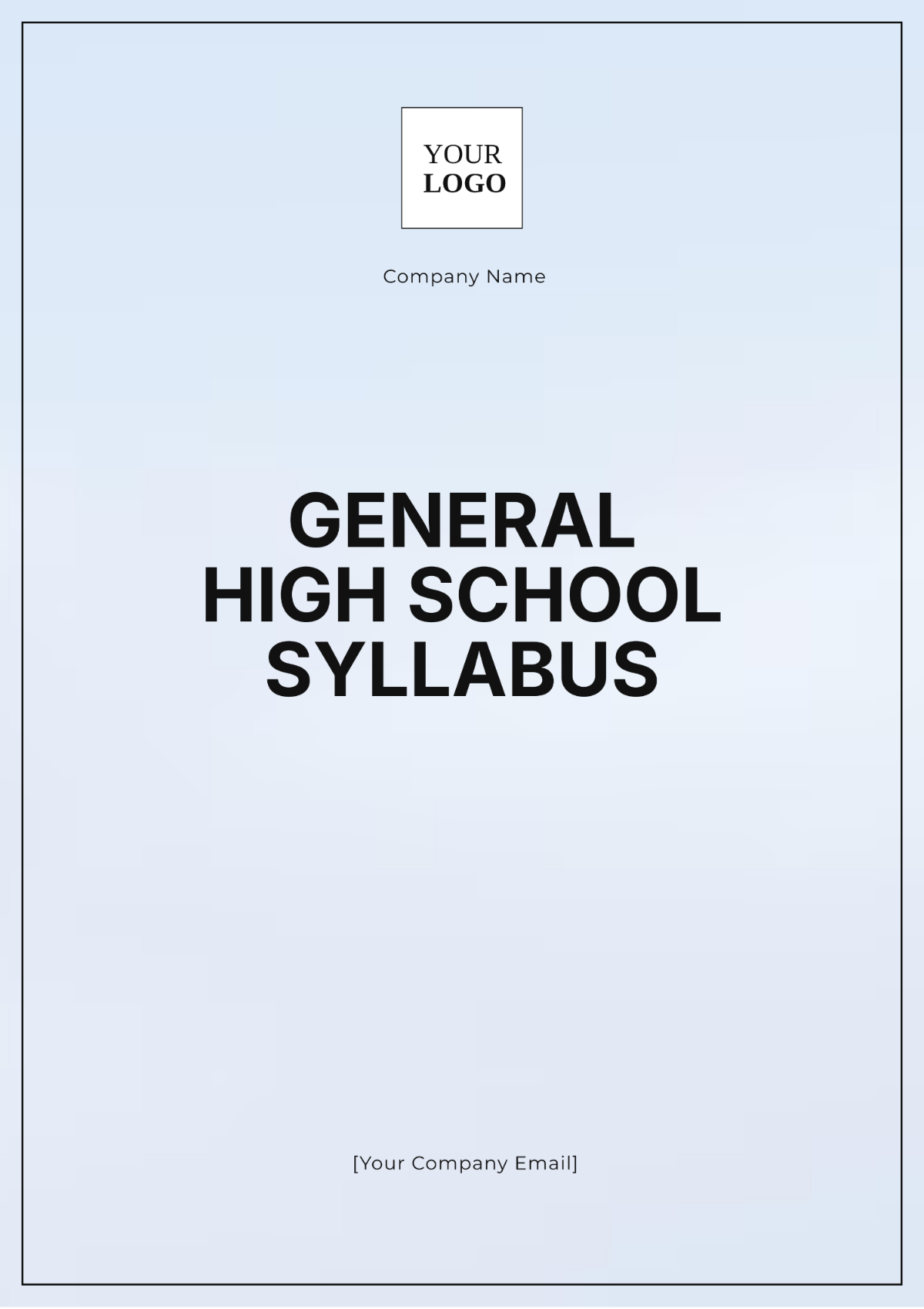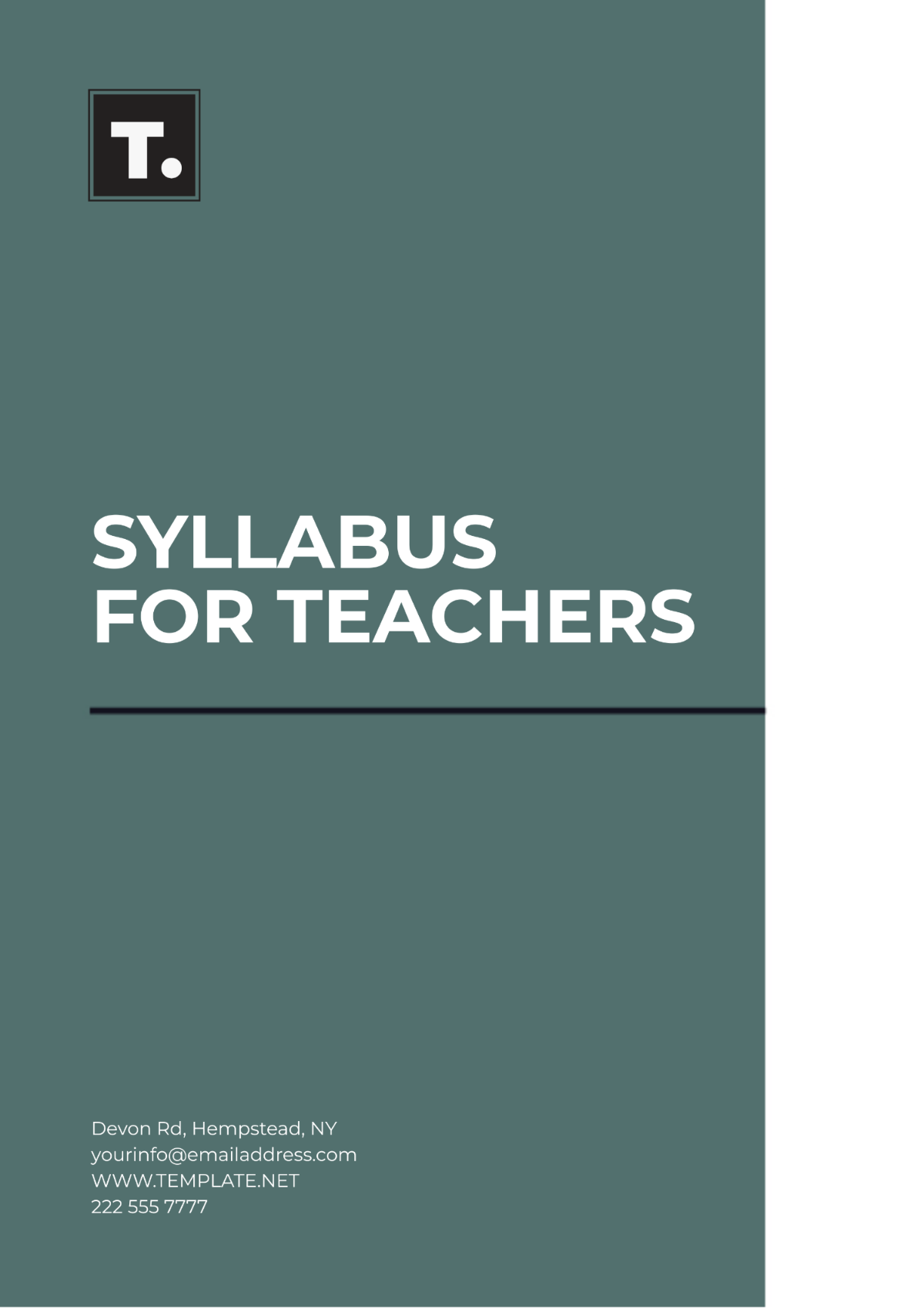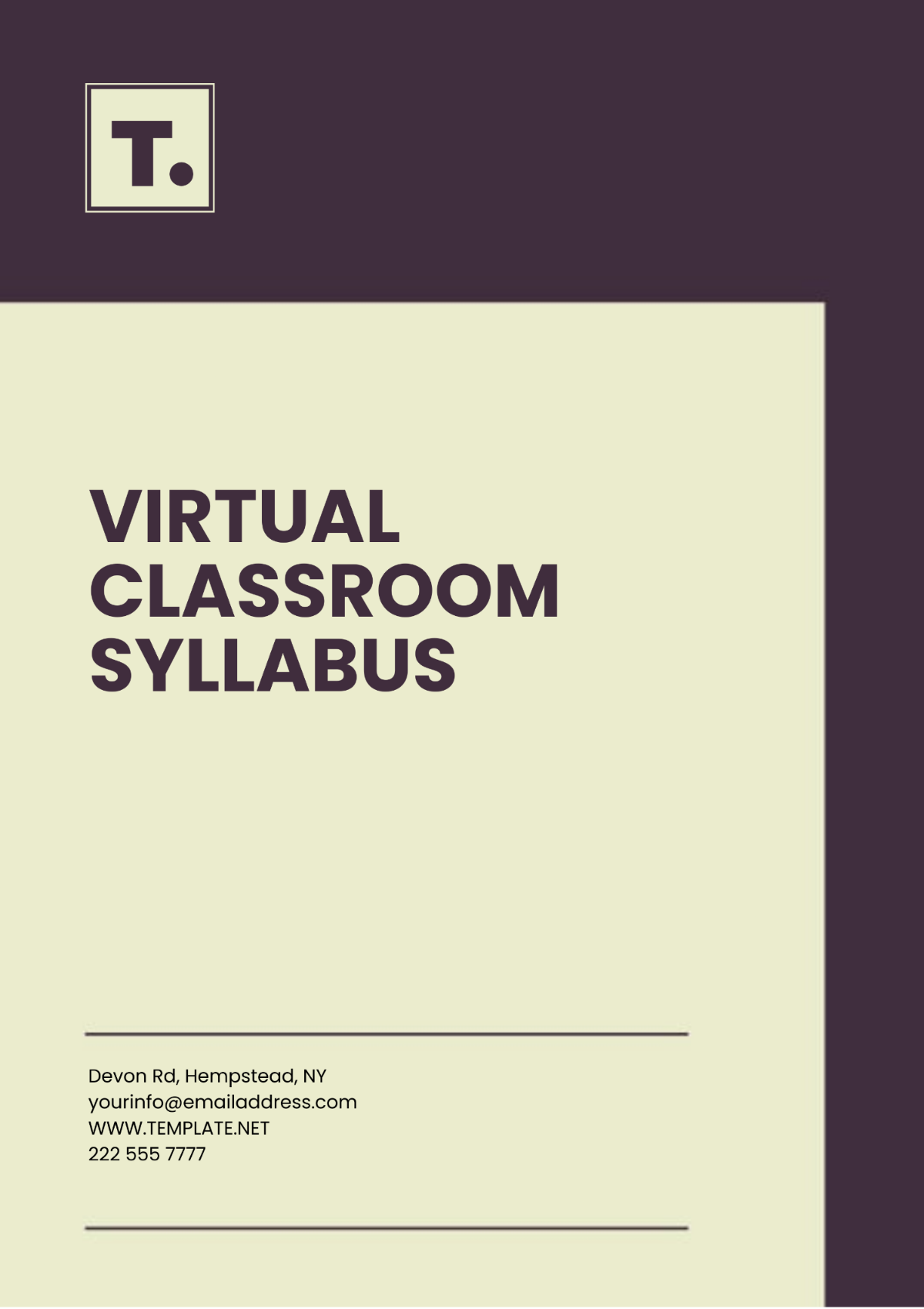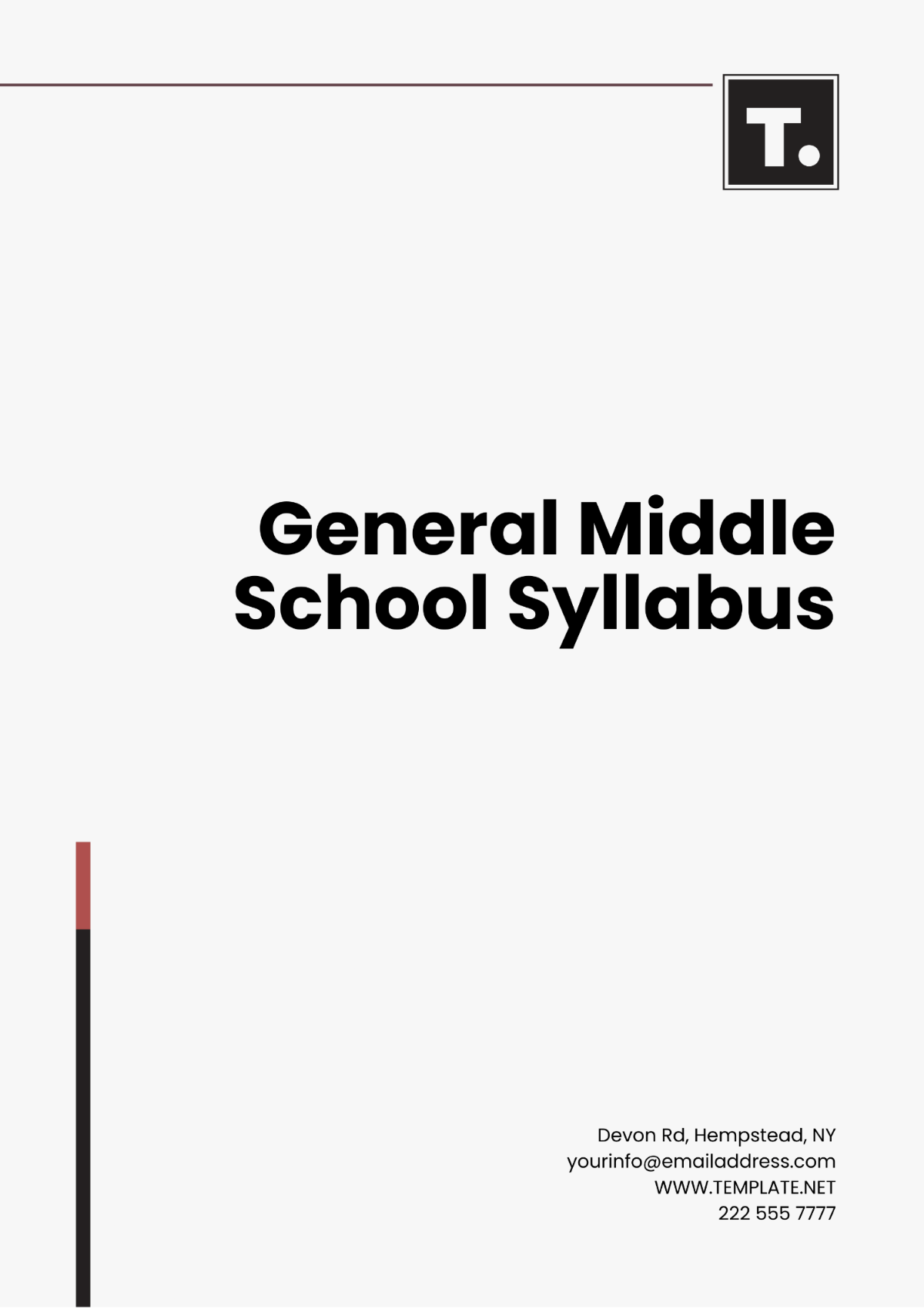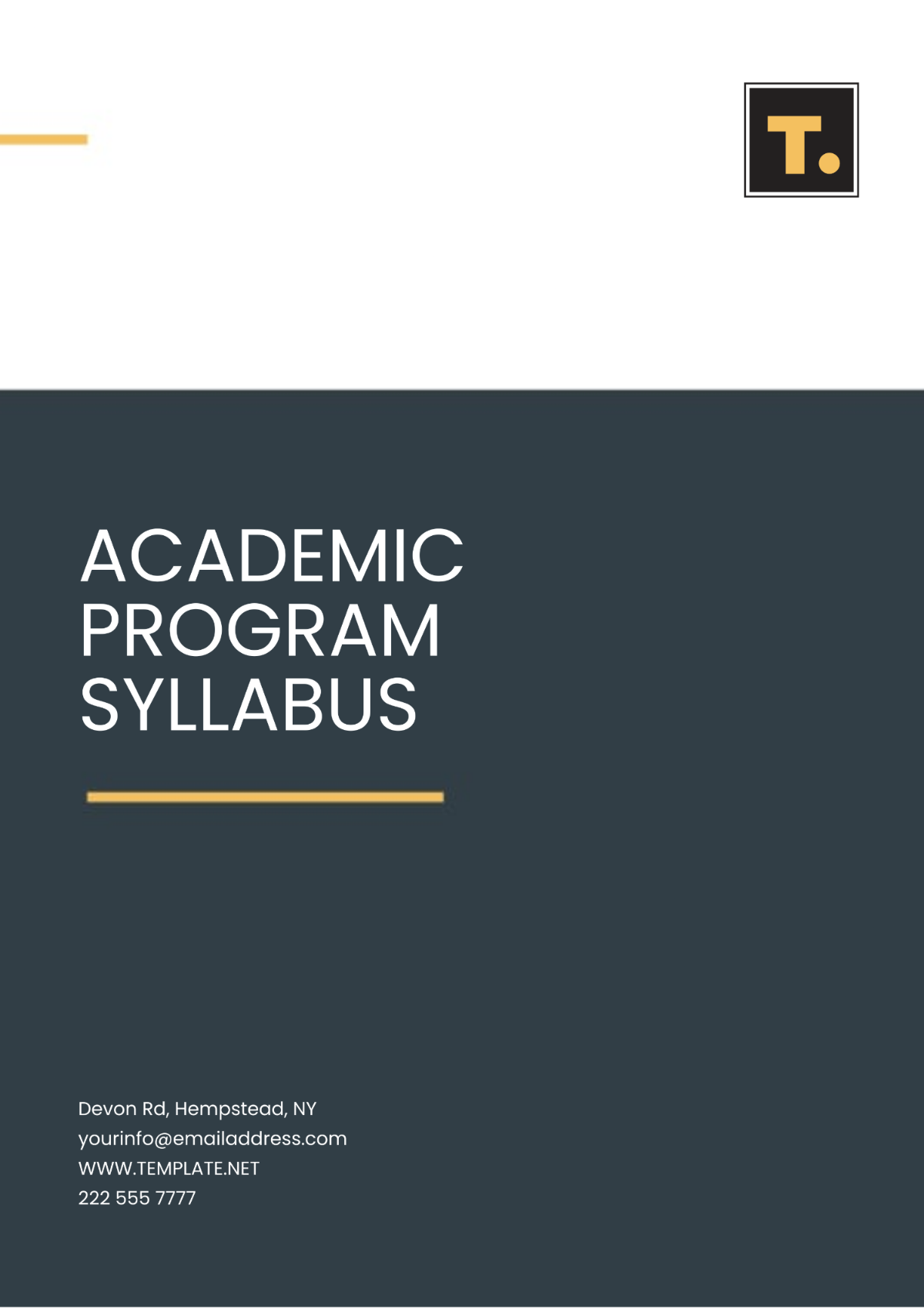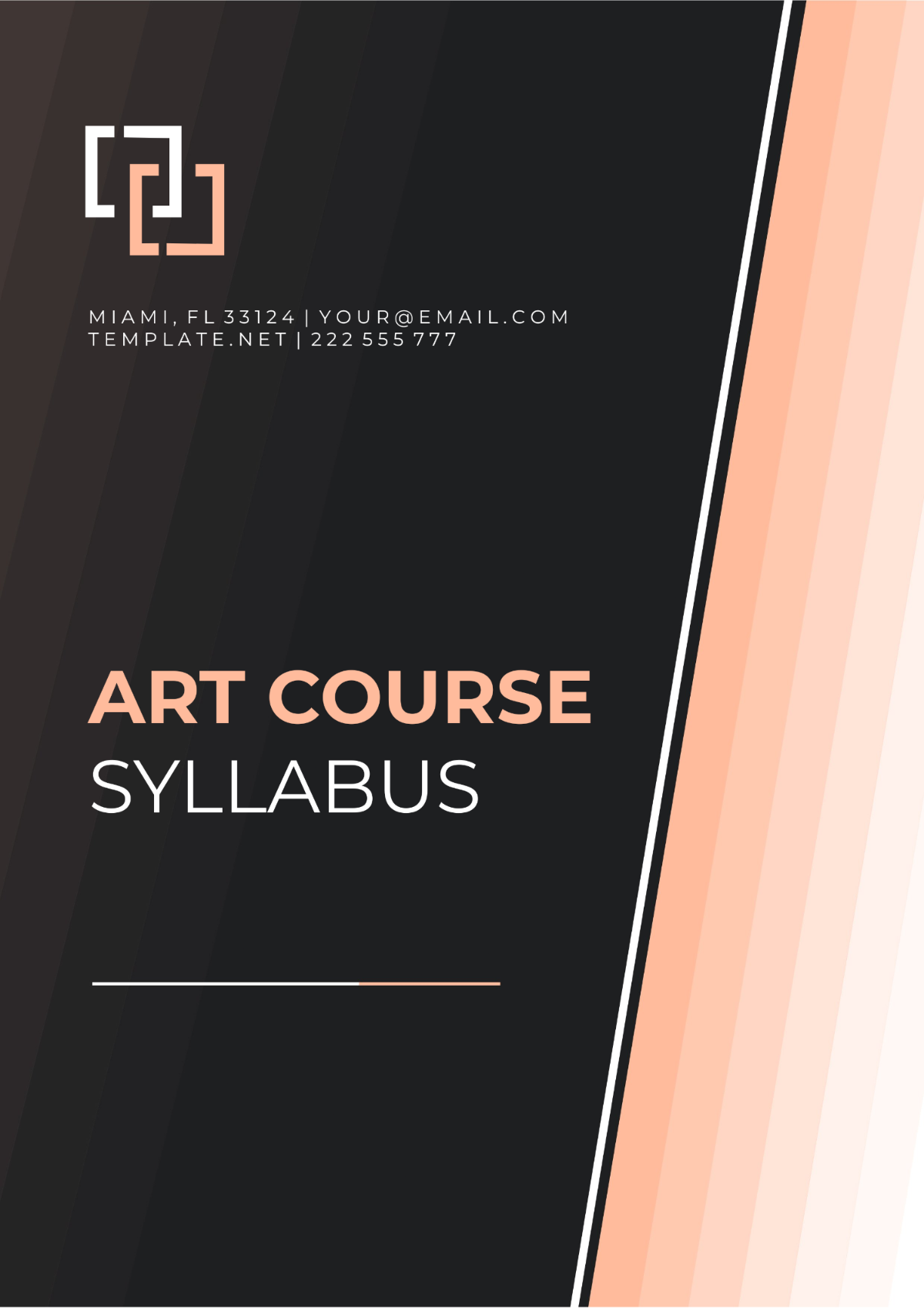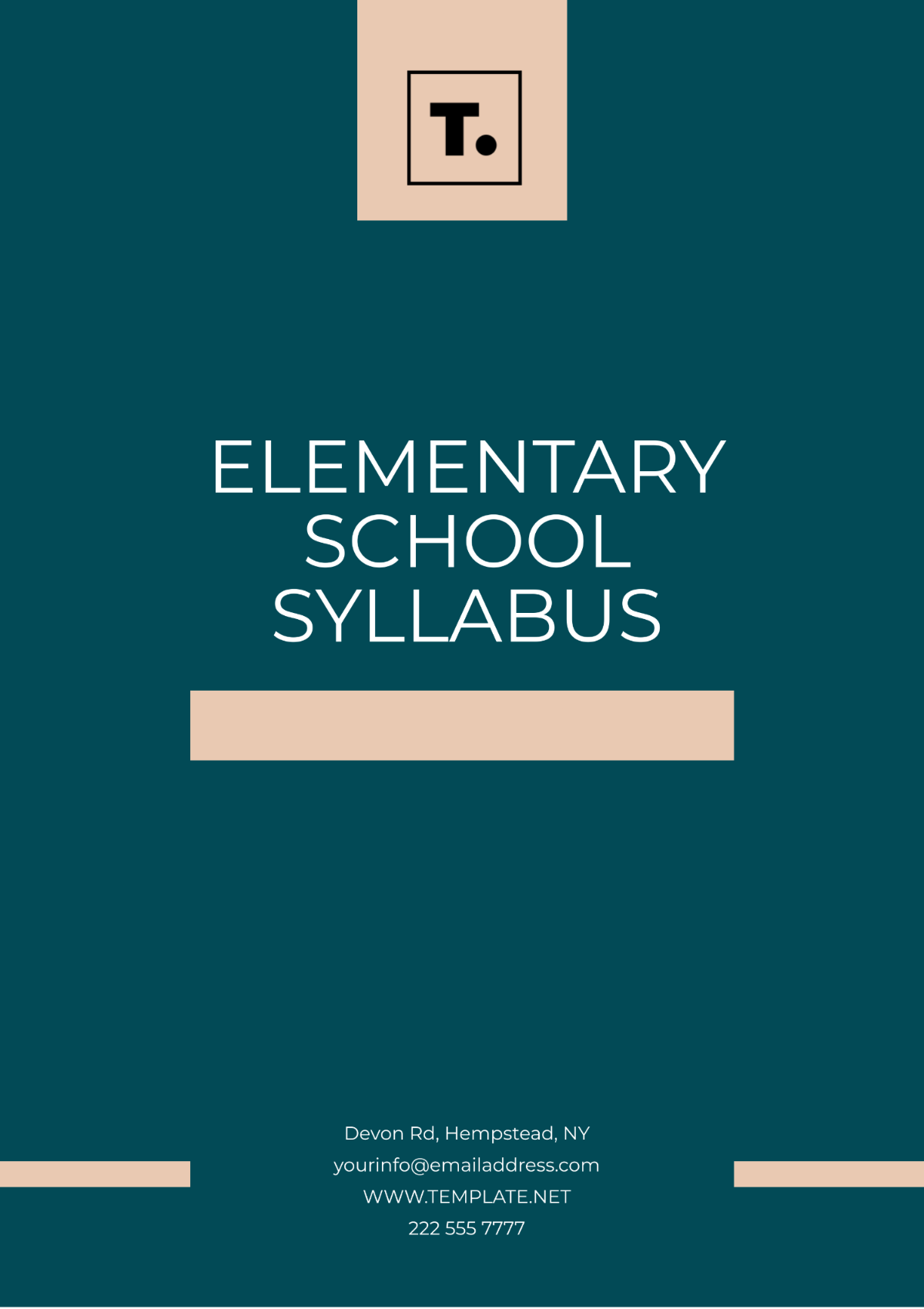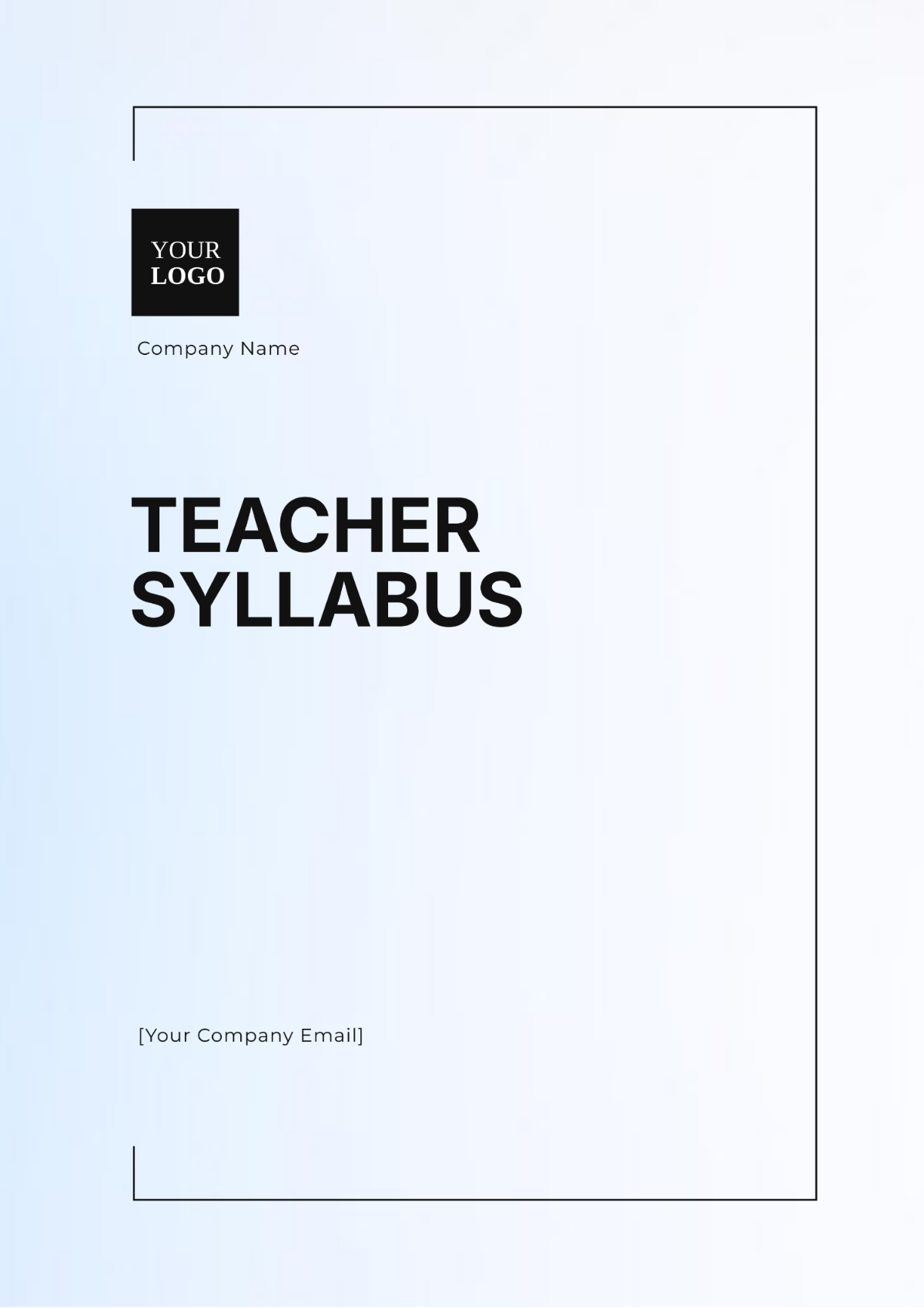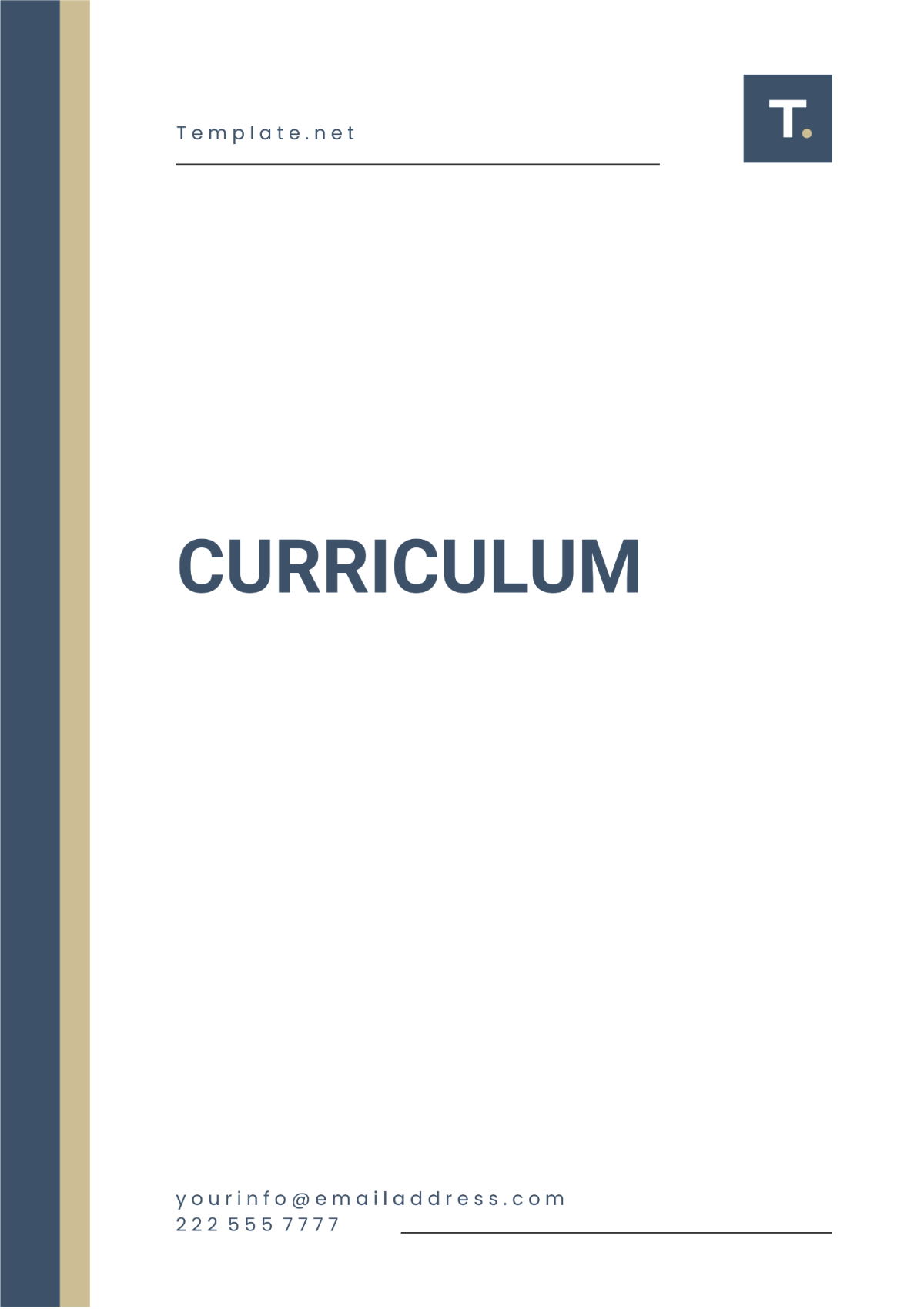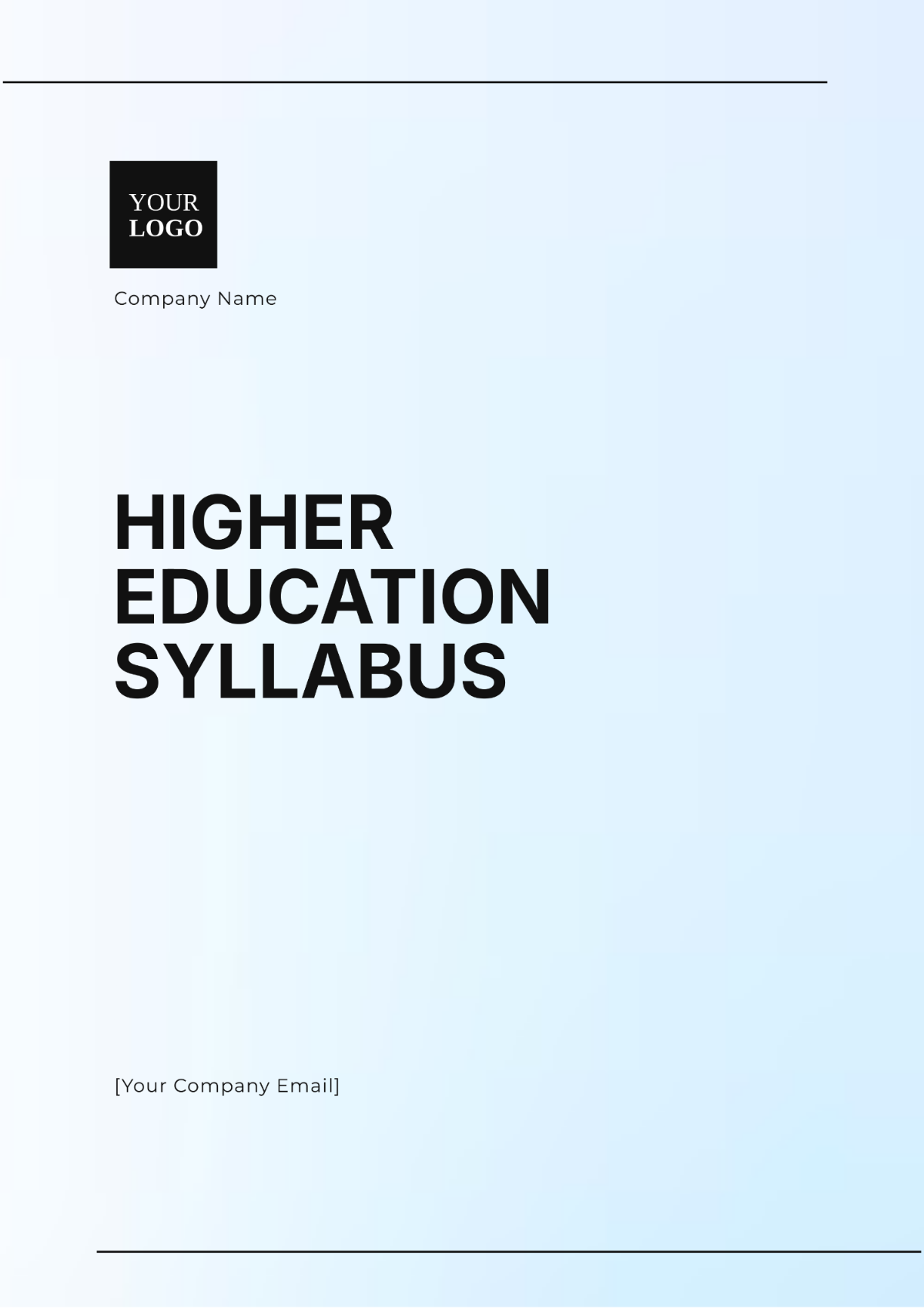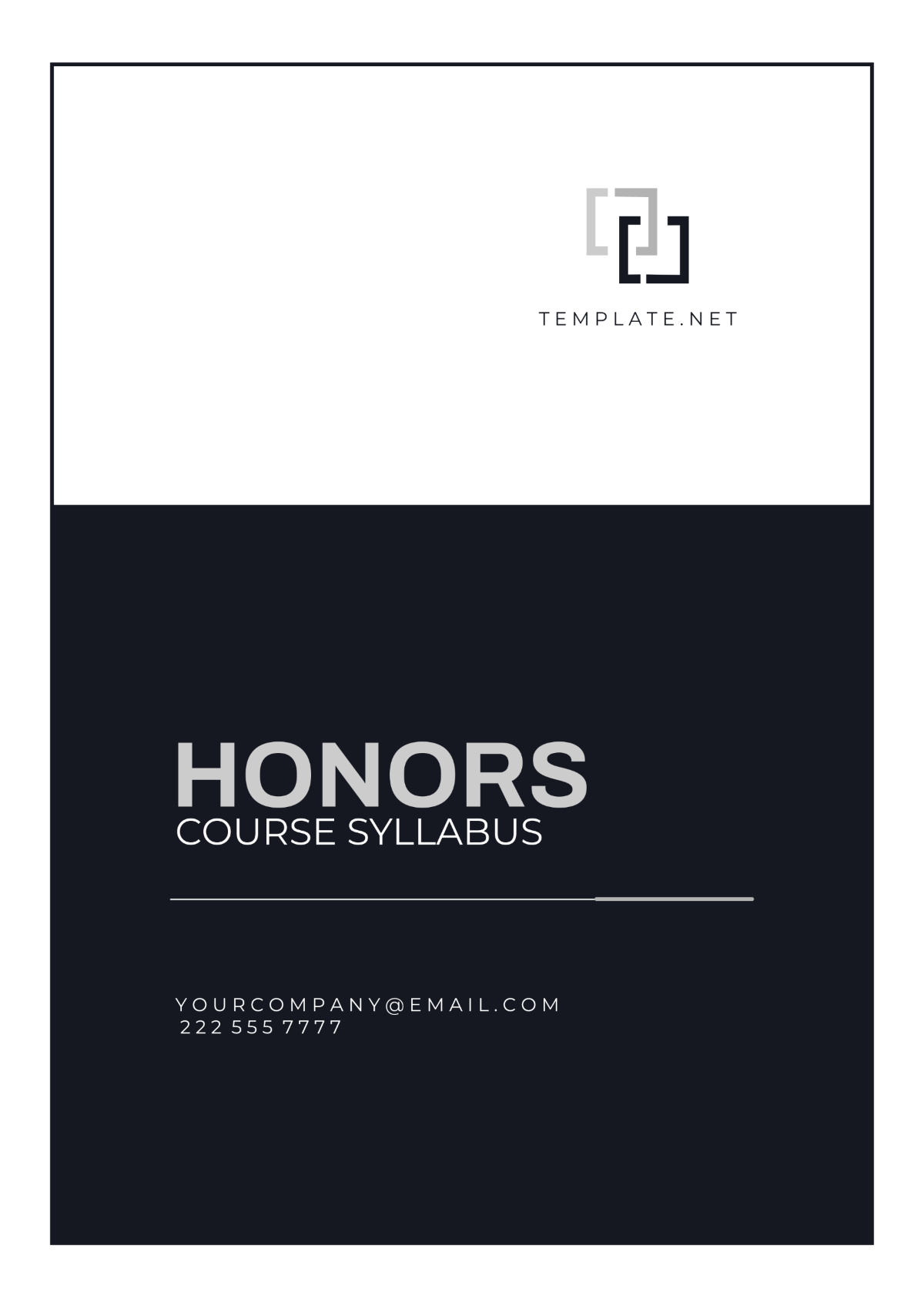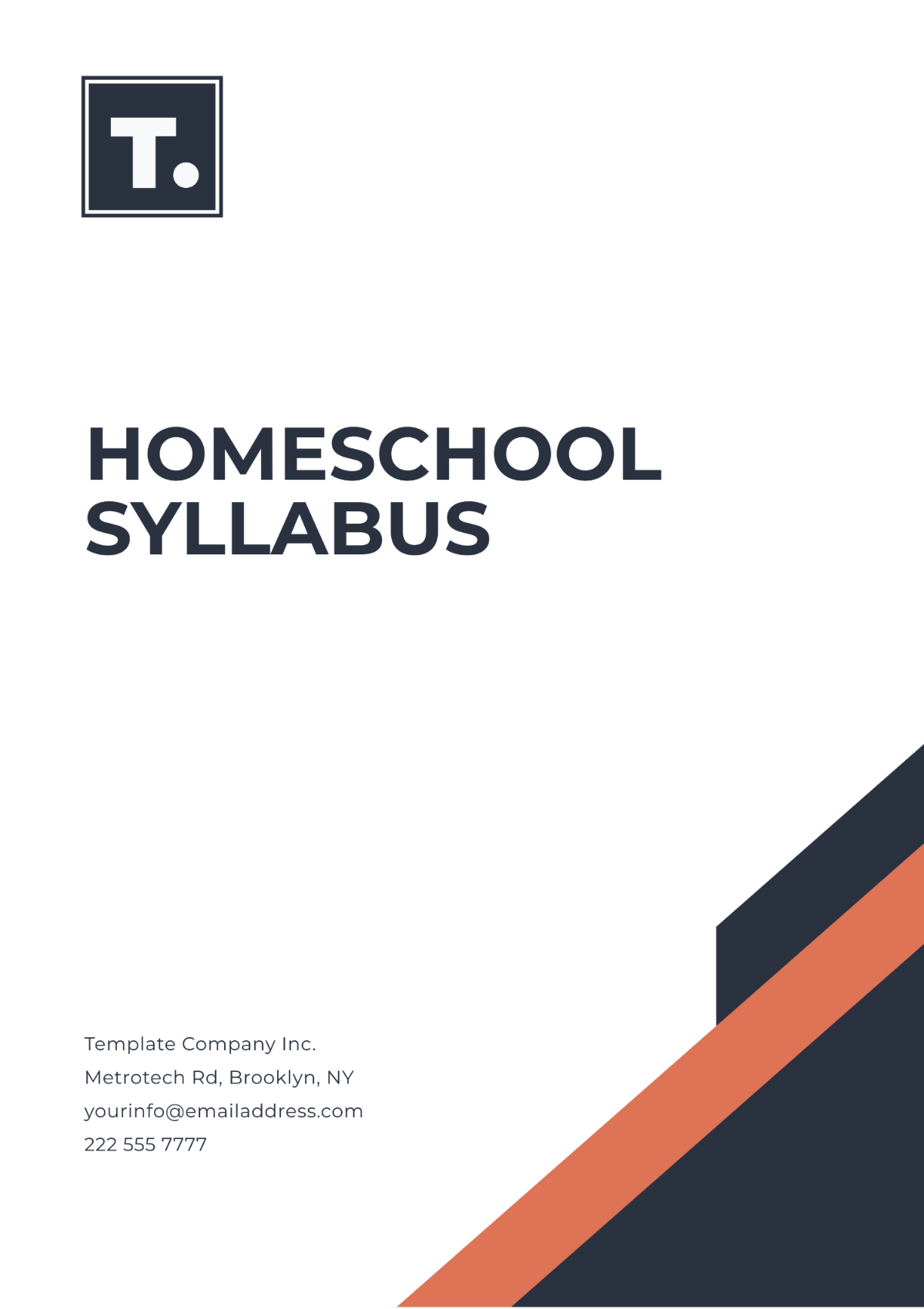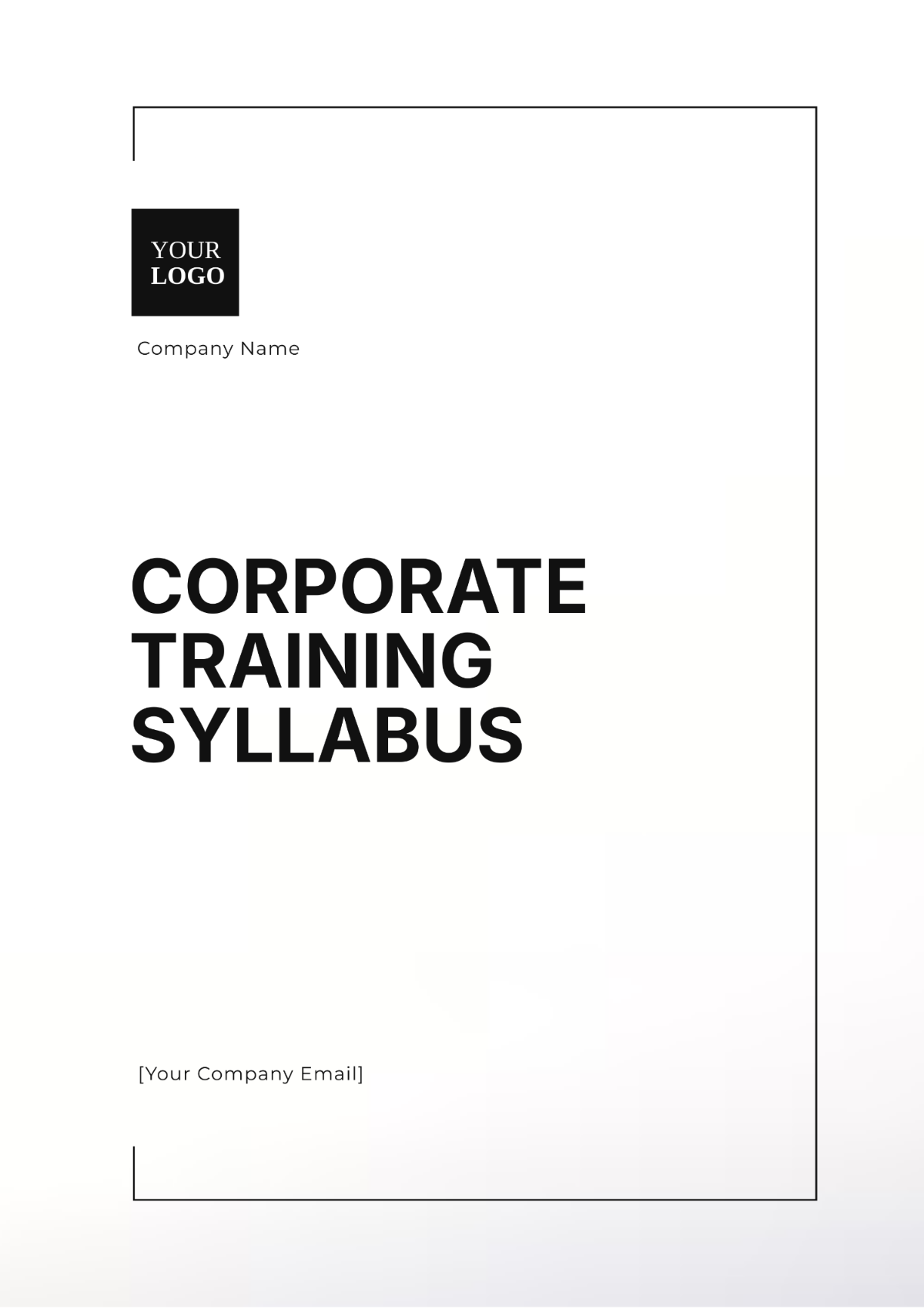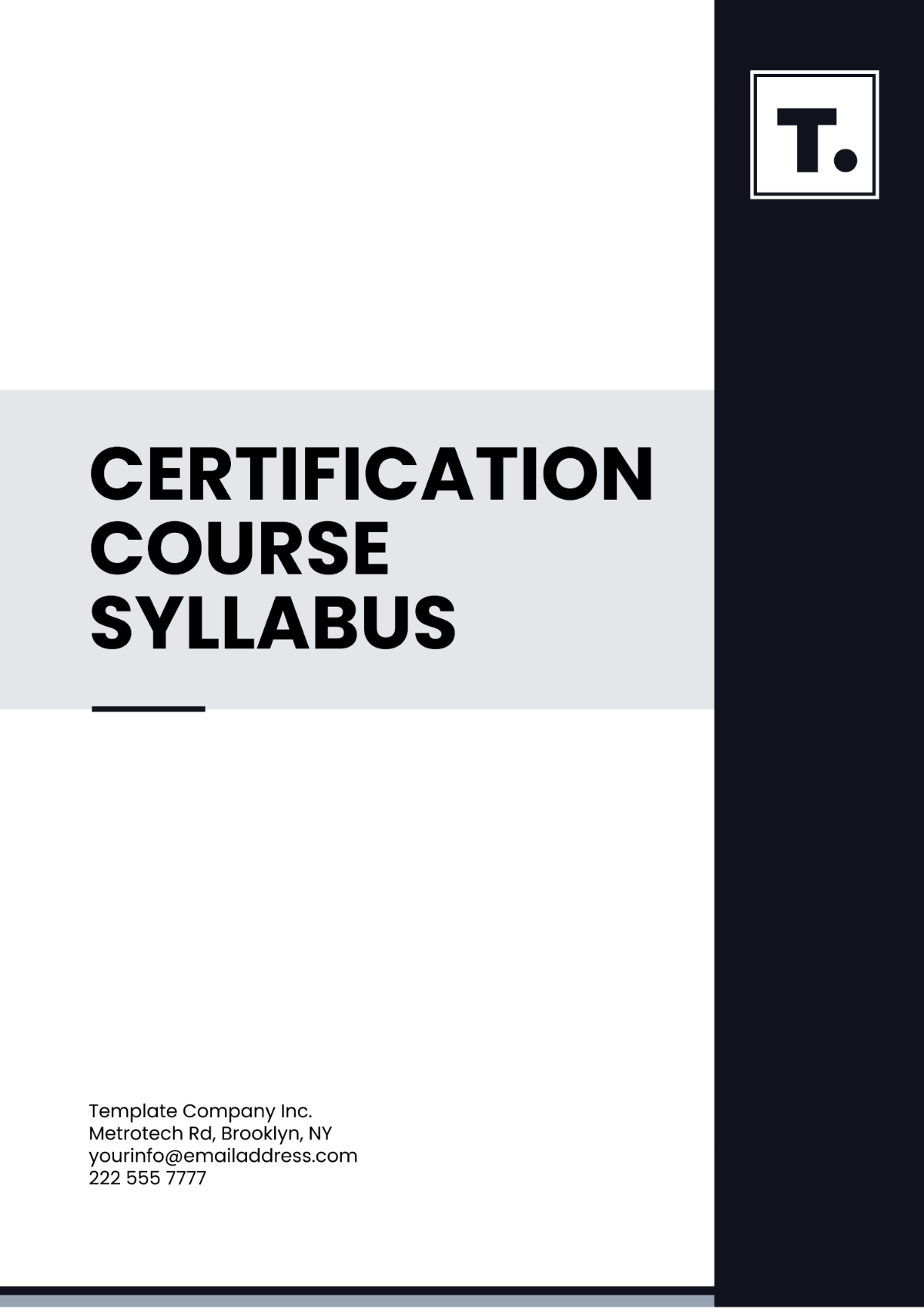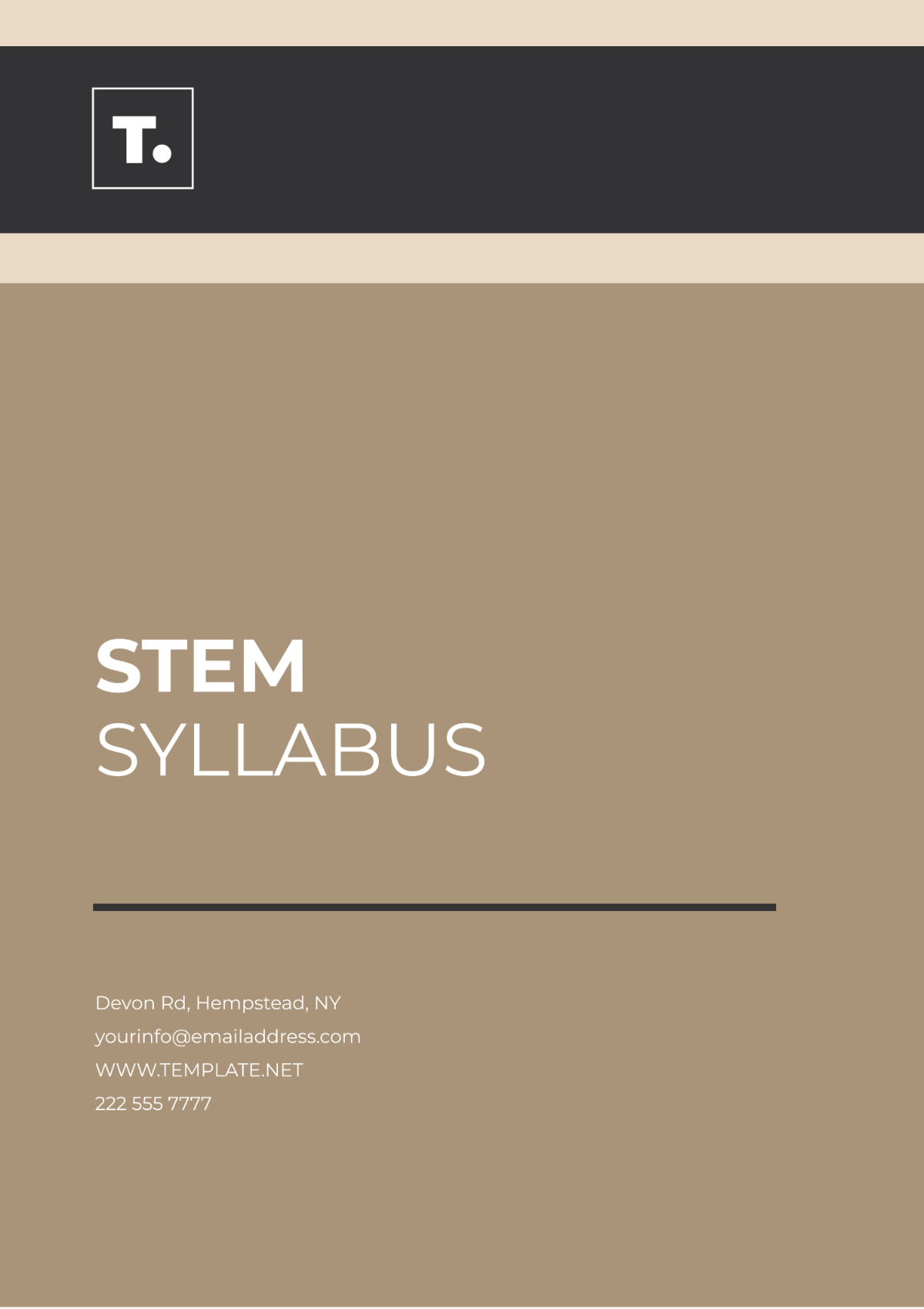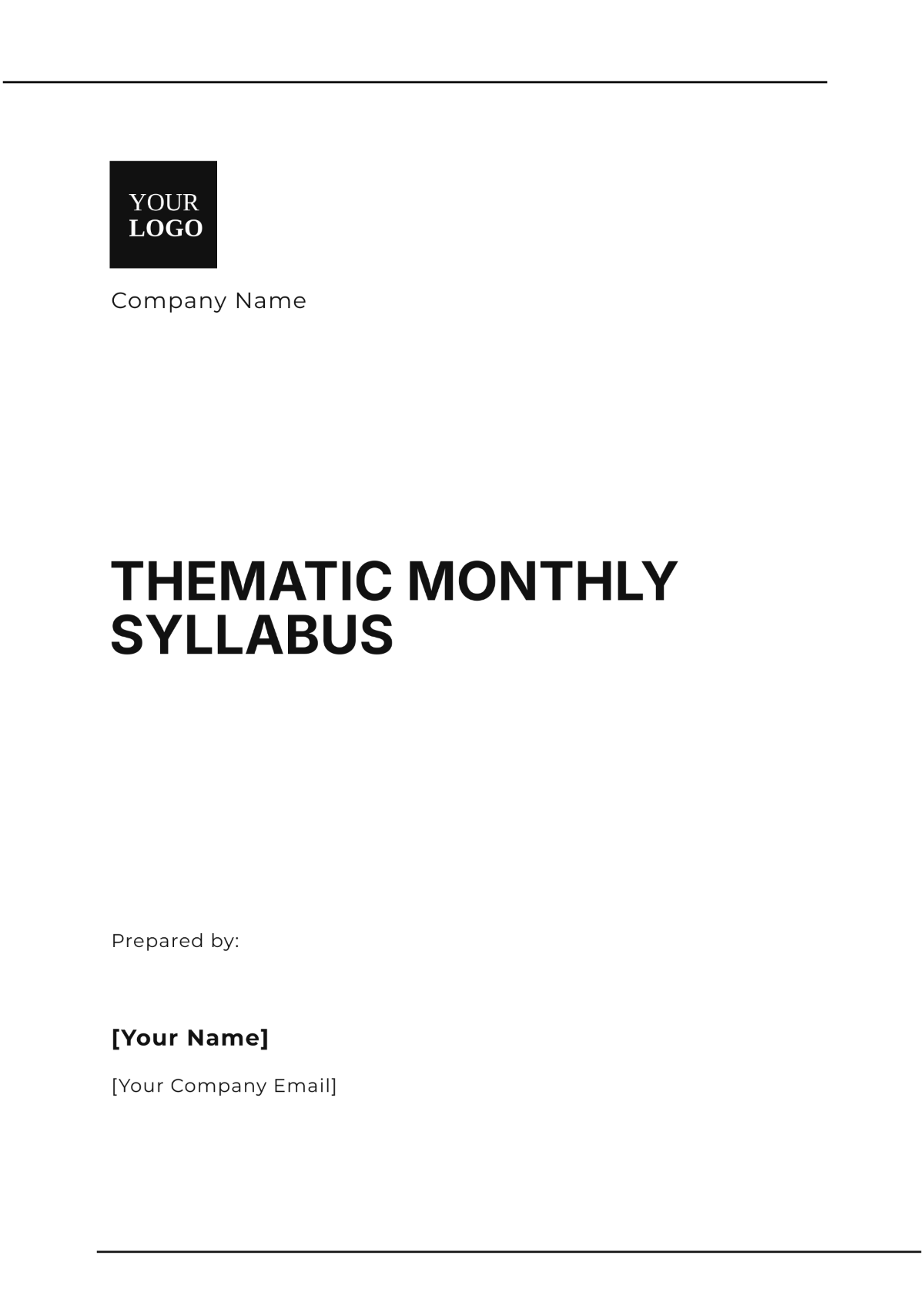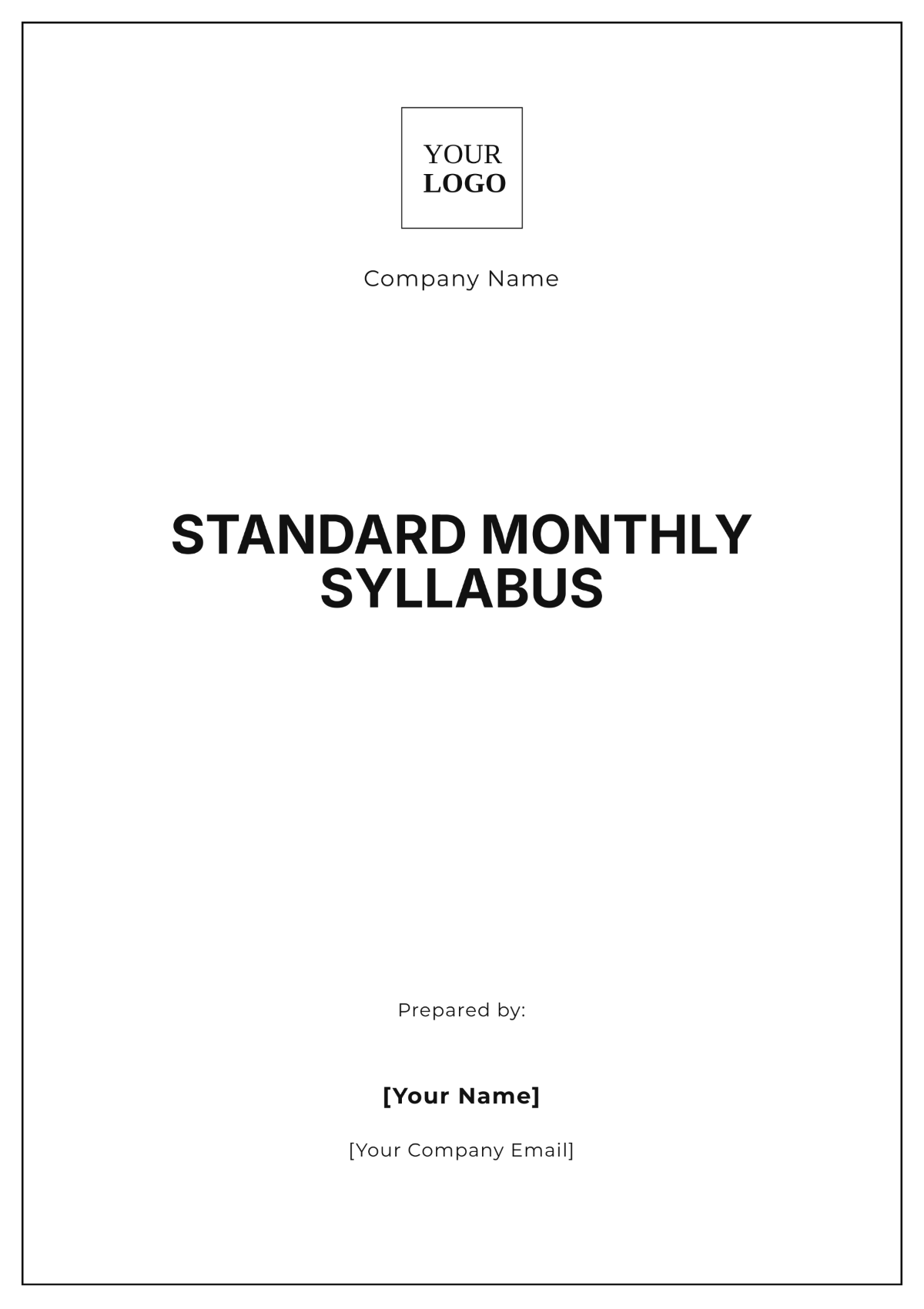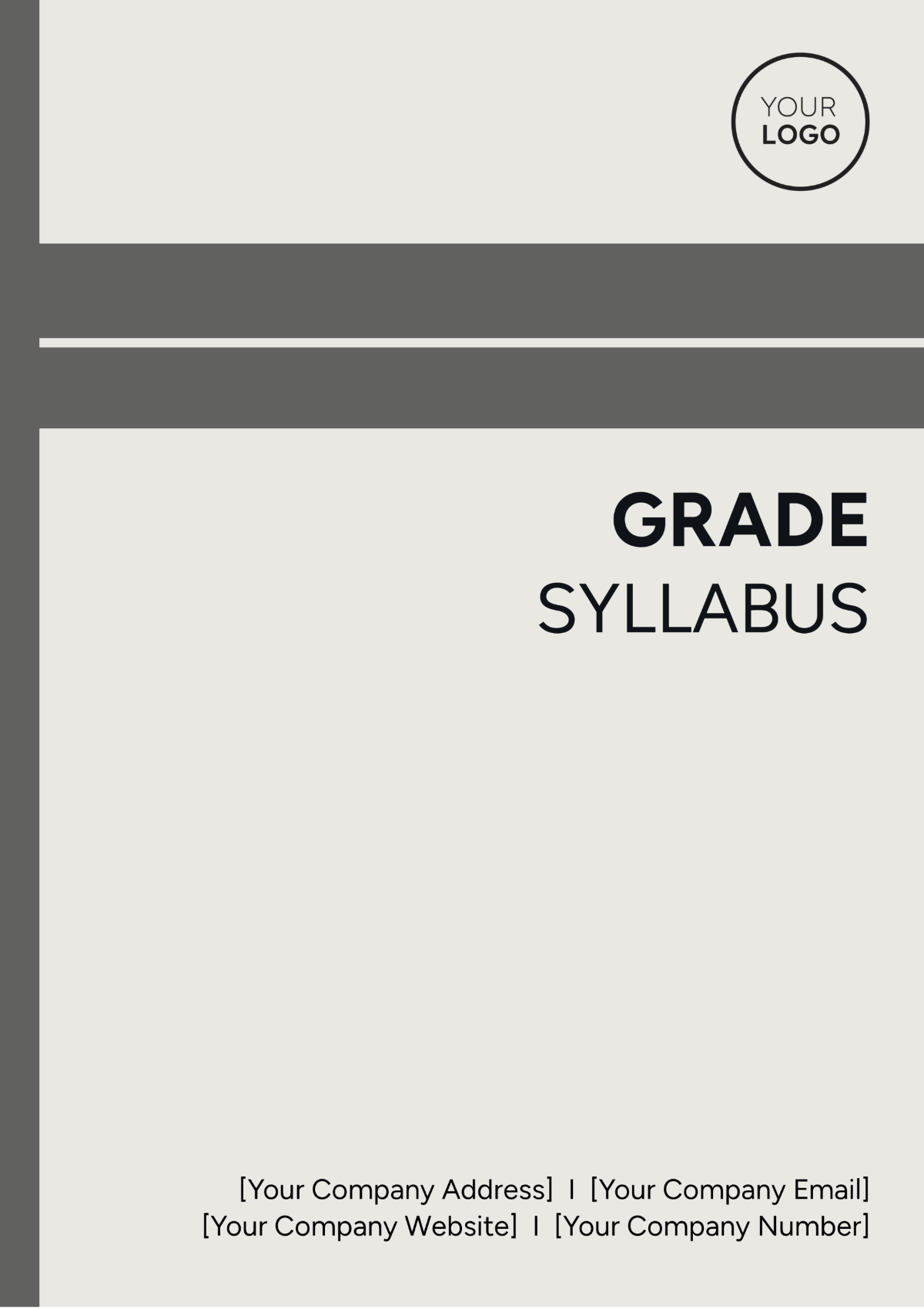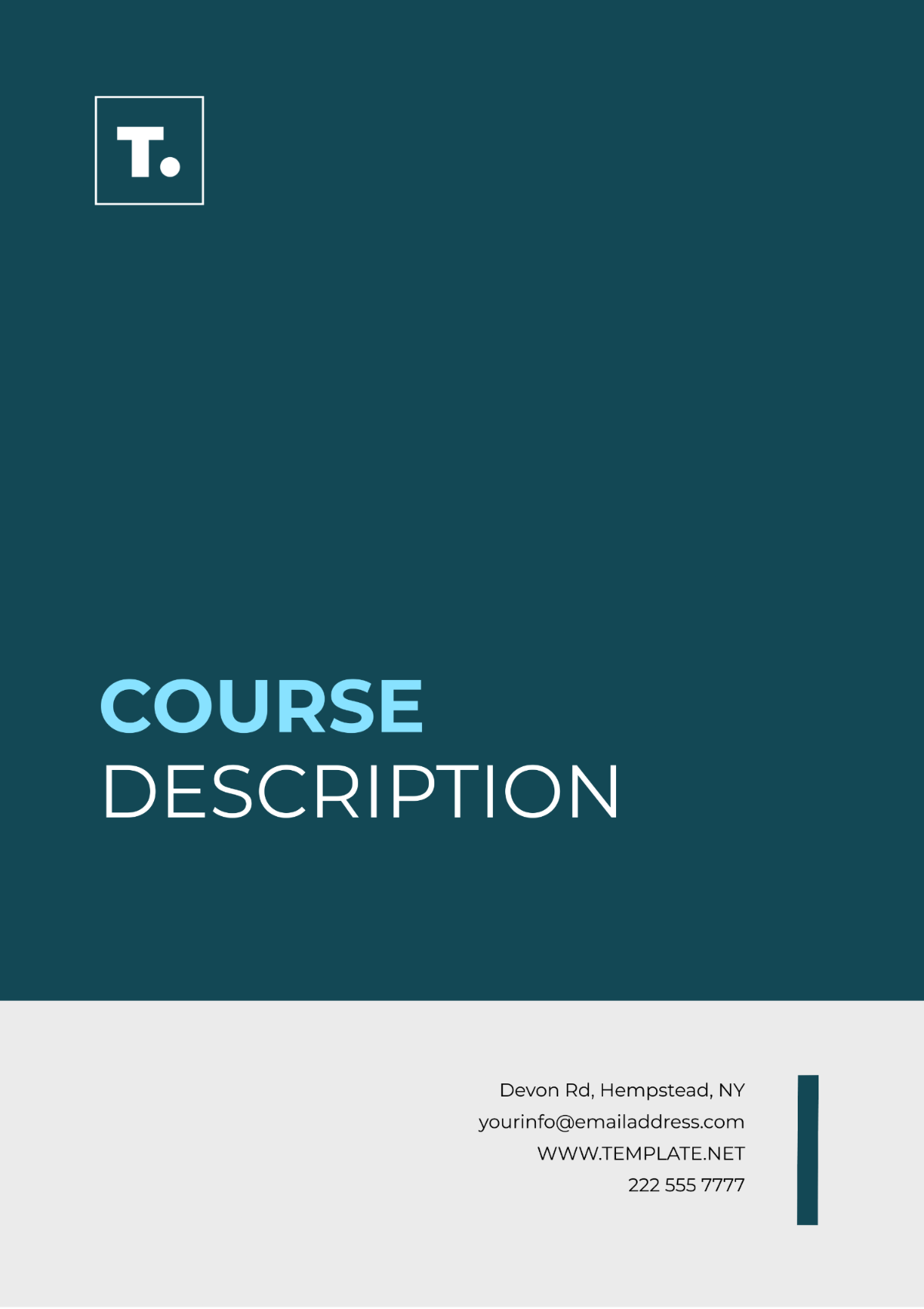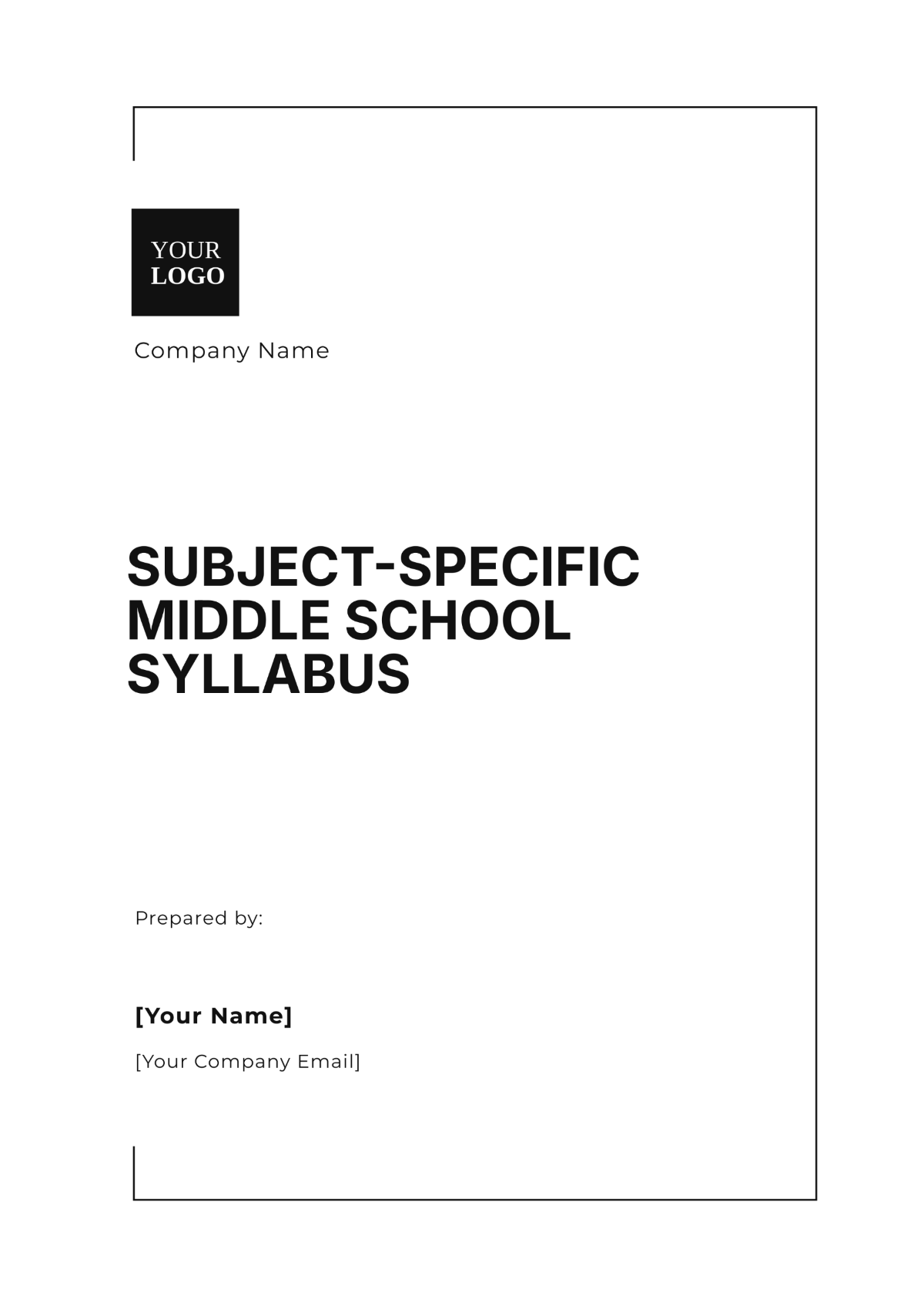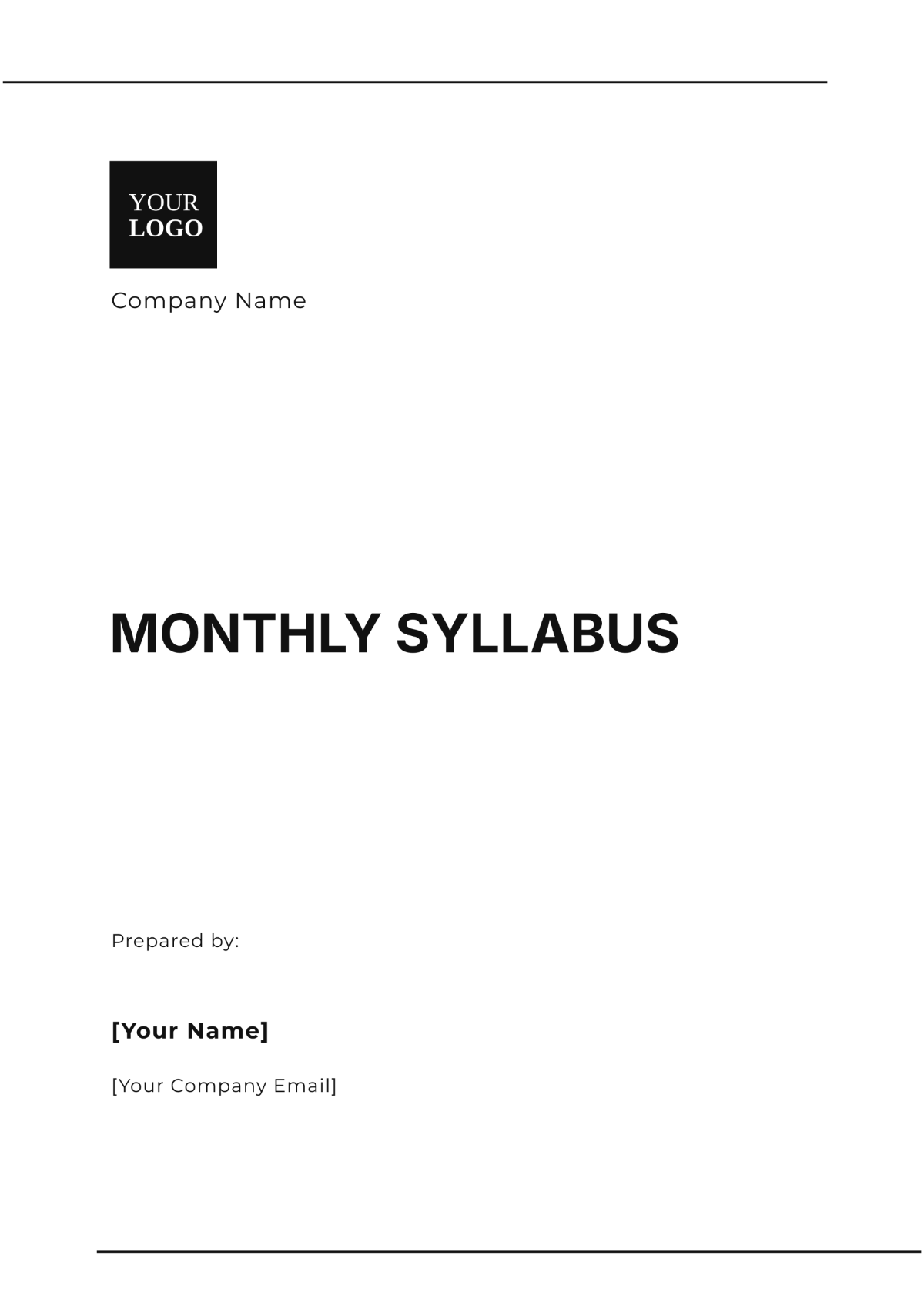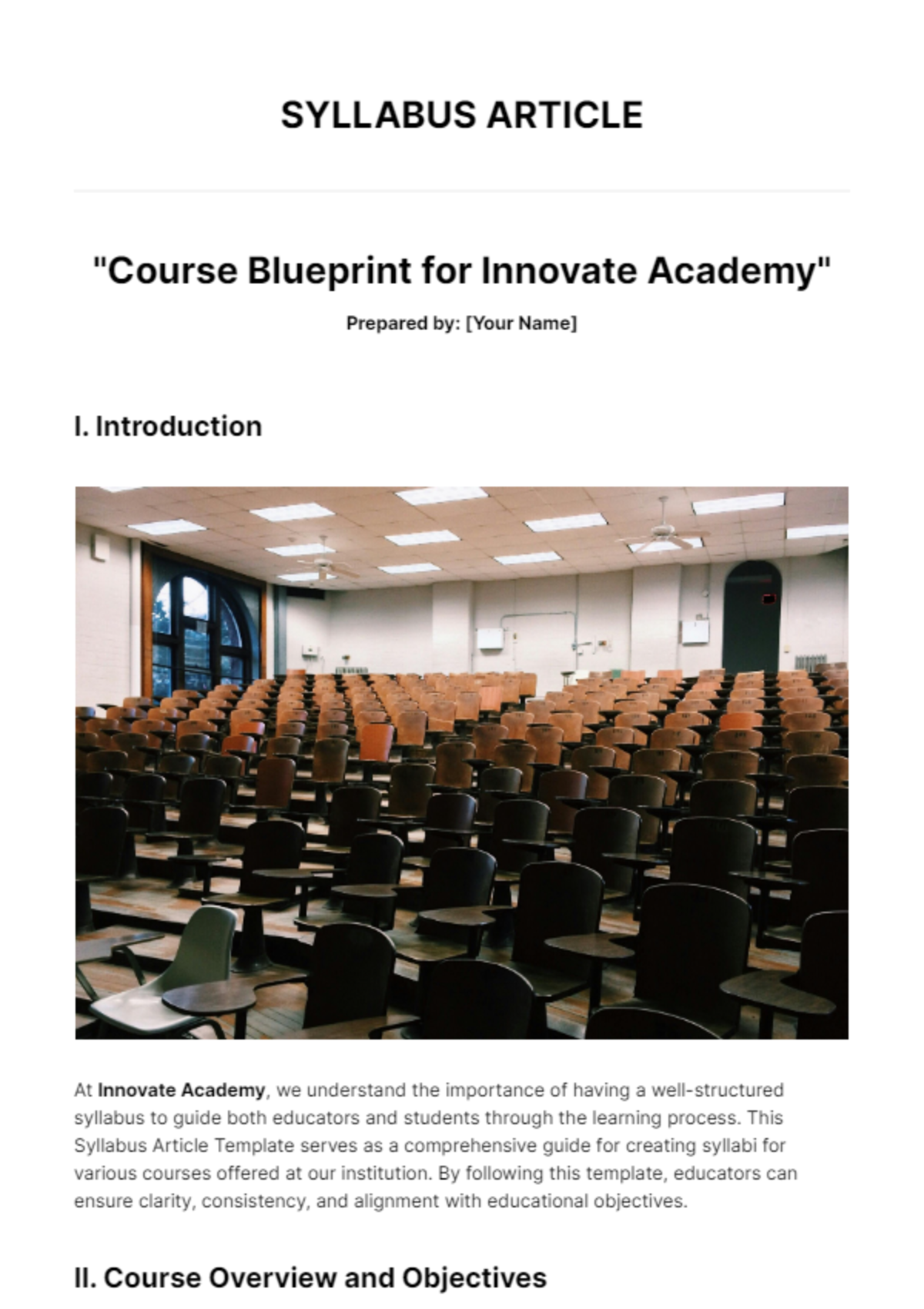Free Composition Syllabus Template
Composition Syllabus
Composition Syllabus Course
Course Title: | [COURSE TITLE] |
Credits: | [CREDITS] |
Instructor: | [INSTRUCTOR] |
Schedule: | [SCHEDULE] |
Location: | [LOCATION] |
Textbook: | [TEXTBOOK] |
Description: | [DESCRIPTION] |
Assessments: | [ASSESSMENTS] |
Grading: | [GRADING] |
Office Hours: | [OFFICE HOURS] |
1. Course Description
This course is designed to enhance students' ability to write effectively in different genres and media, and to develop strong critical thinking and reading skills. Across various assignments and exercises, students will navigate through the foundations of writing and composition, exploring various techniques and strategies to improve their writing style.
2. Instructor Information
Instructor: [YOUR NAME]
Email: [YOUR EMAIL ]
Organization: [YOUR COMPANY NAME]
3. Learning Objectives
Understand and effectively utilize the writing process.
Develop critical reading, writing, and thinking skills.
Recognize and apply basic conventions of genre and discipline-specific writing.
Effectively revise and proofread compositions.
Enhance creativity in writing across multiple media and genres.
4. Course Schedule
Week | Topic | Assignment |
|---|---|---|
1 | Brainstorming |
|
2 | Research |
|
3 | Drafting |
|
4 | Revision |
|
5. Required Reading and Materials
"The Norton Field Guide to Writing" by Richard Bullock
"They Say, I Say: The Moves That Matter In Academic Writing" by Gerald Graff and Cathy Birkenstein
"Writing for Success" by Scott McLean
"Rules for Writers" by Diana Hacker
Various Online Writing Resources (links to be provided).
6. Assignments and Assessments
Composition Assignments: Crafting original compositions in various genres, with focus on demonstrating an understanding of genre conventions.
Reading Reflections: Students write short reflections on the assigned readings, synthesizing ideas and key themes.
Peer Reviews: Students participate in peer review sessions to provide and receive feedback.
Seminar Discussion Participation: Active participation in all seminar discussions is required.
Final Portfolio: A compiled portfolio of all writing assignments, showcasing the improvement and development over the course.
7. Course Policy
Attendance: Regular class attendance is crucial for this course. Students with more than three unexcused absences may see an impact on their grade.
Late submissions: Late assignment submissions will only be accepted under exceptional circumstances and prior approval.
Plagiarism: Plagiarism of any kind is a serious violation and will result in immediate failure of the assignment and possible further disciplinary action.
Respectful engagement: Respectful engagement with fellow students and the instructor is expected at all times.
Formatting: All assignments should be formatted according to the stipulated guidelines. Failure to do so may result in grade deductions.
8. Grading Policy
Grades will be based on composition assignments, reading reflections, peer reviews, seminar participation, and the final portfolio. Detailed grading rubrics will be provided for each assignment.
9. Disclaimer
This syllabus, currently presented in its initial form, is not entirely rigid or fixed and it should be noted that it may be prone to future changes or modifications. In the event of such changes, all essential updates will be formally announced and brought to attention during class sessions. Moreover, for ease of reference and understanding, fresh versions of the syllabus, with the newly incorporated changes, will be compiled and promptly handed out to all concerned parties.
